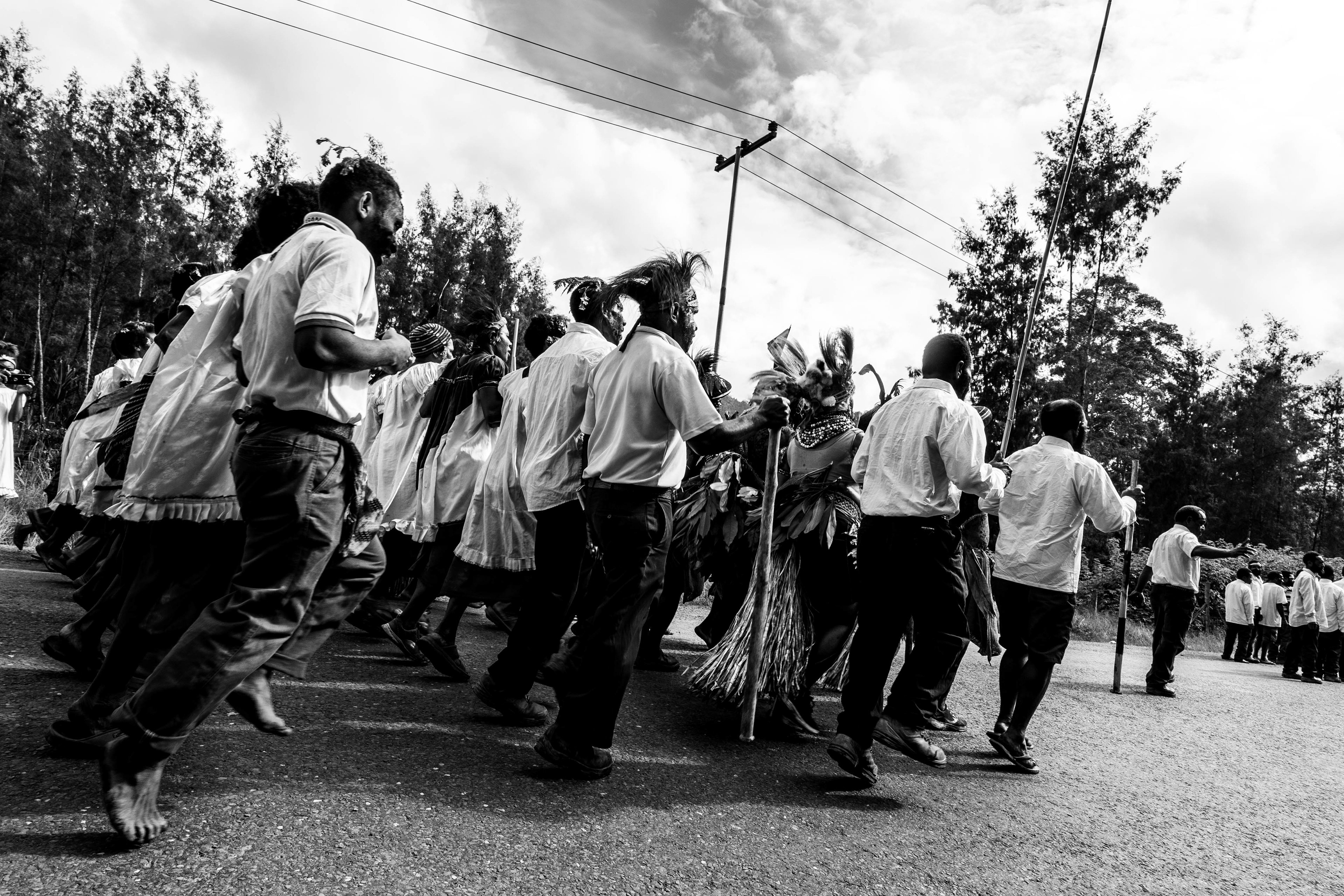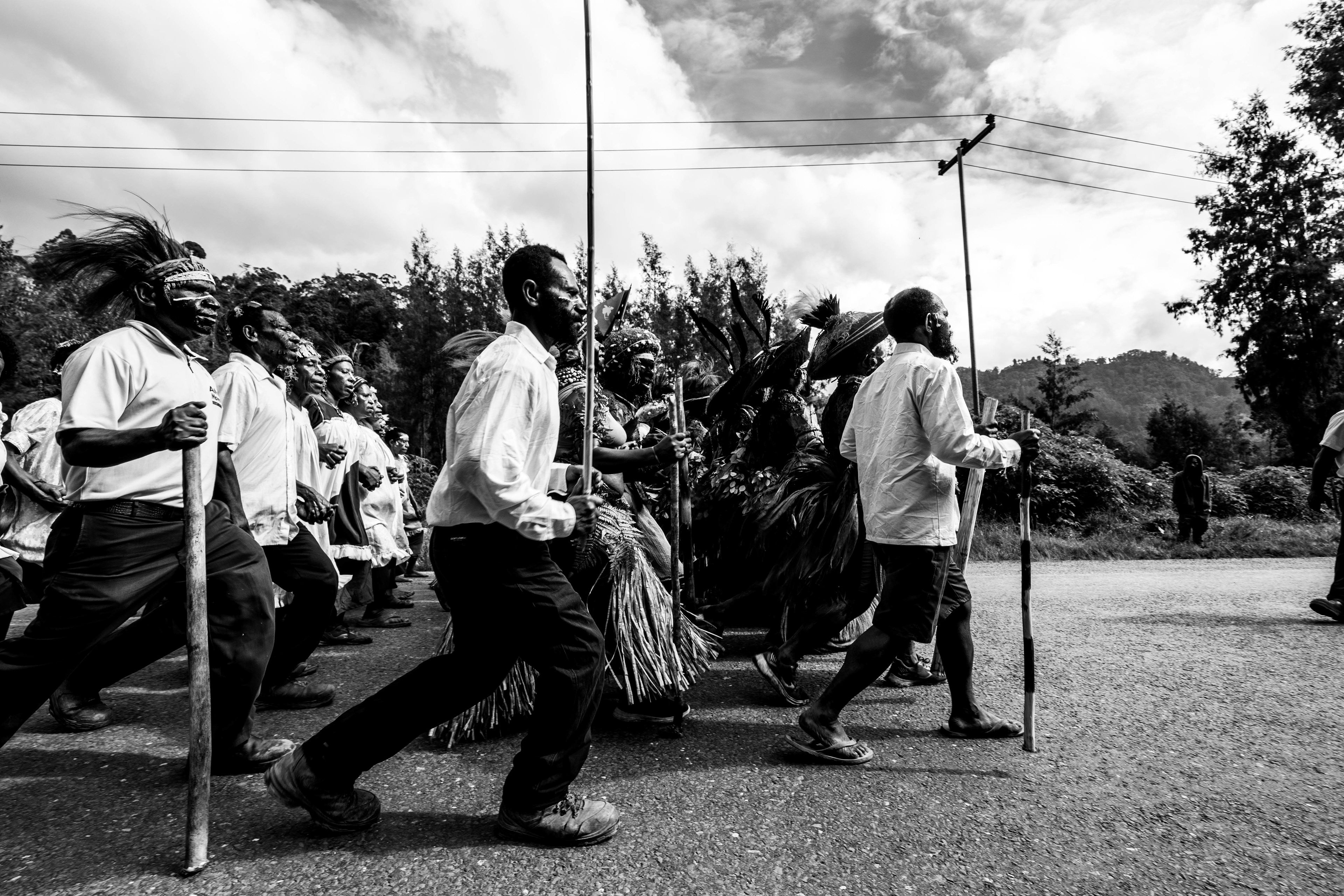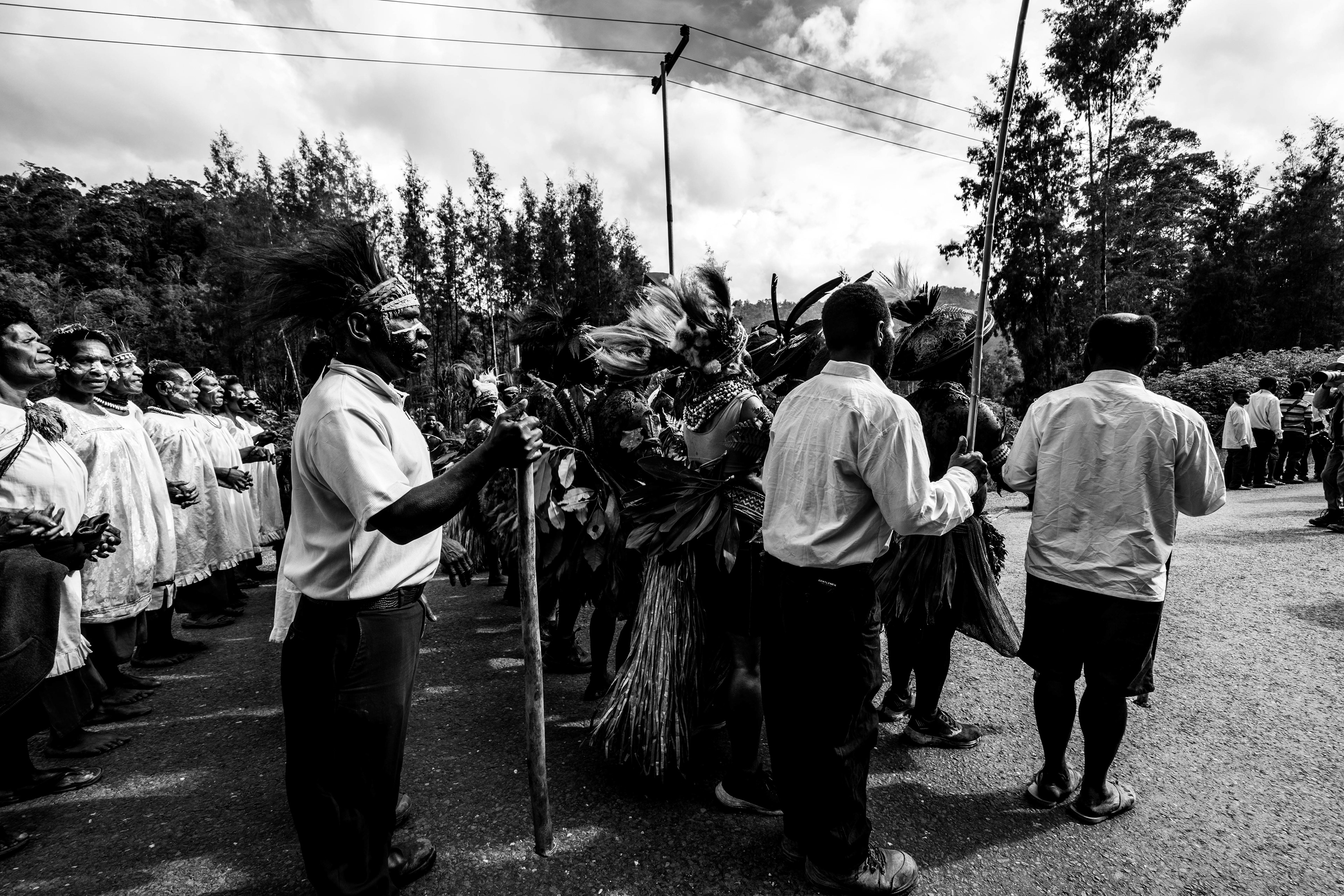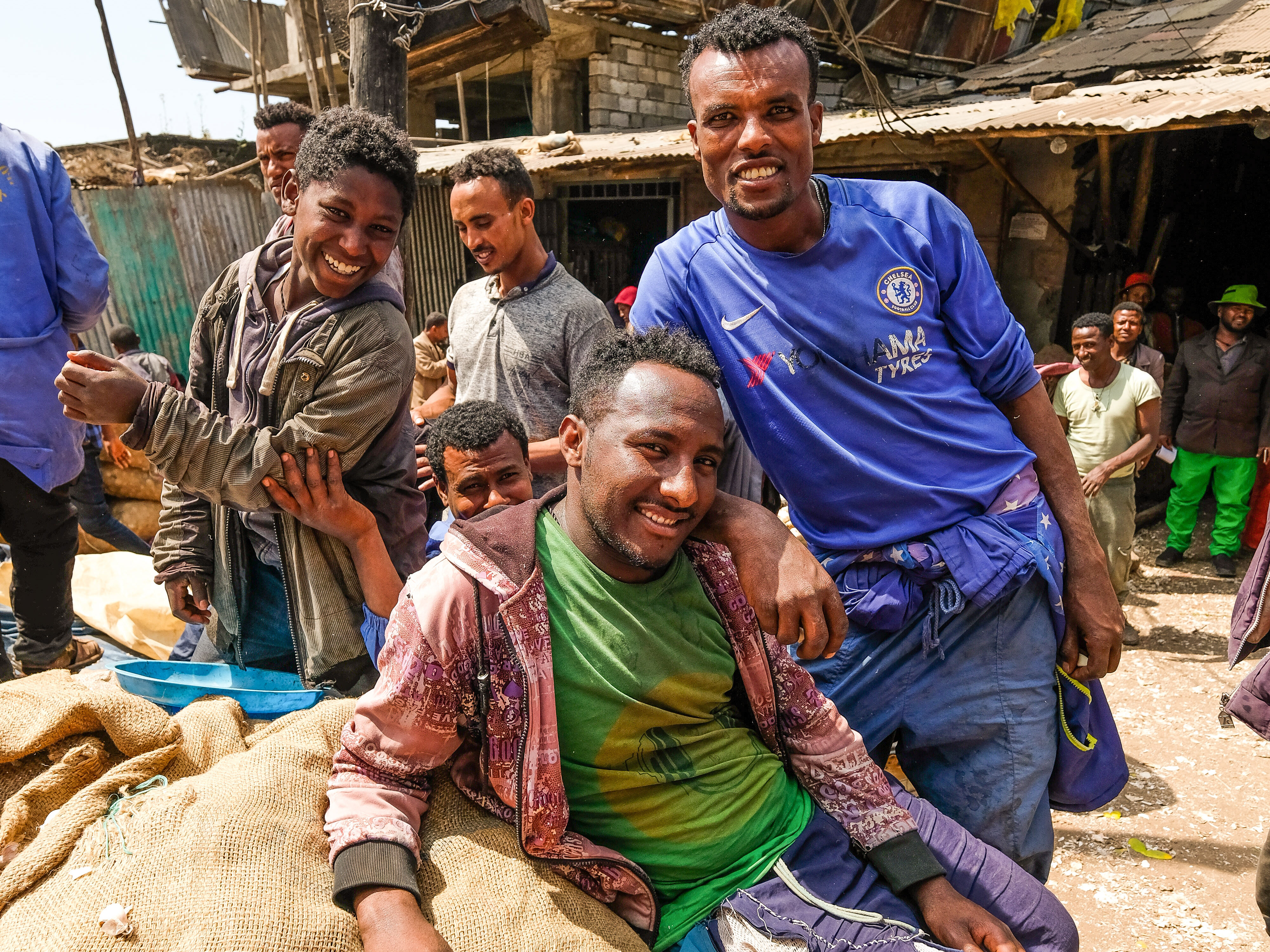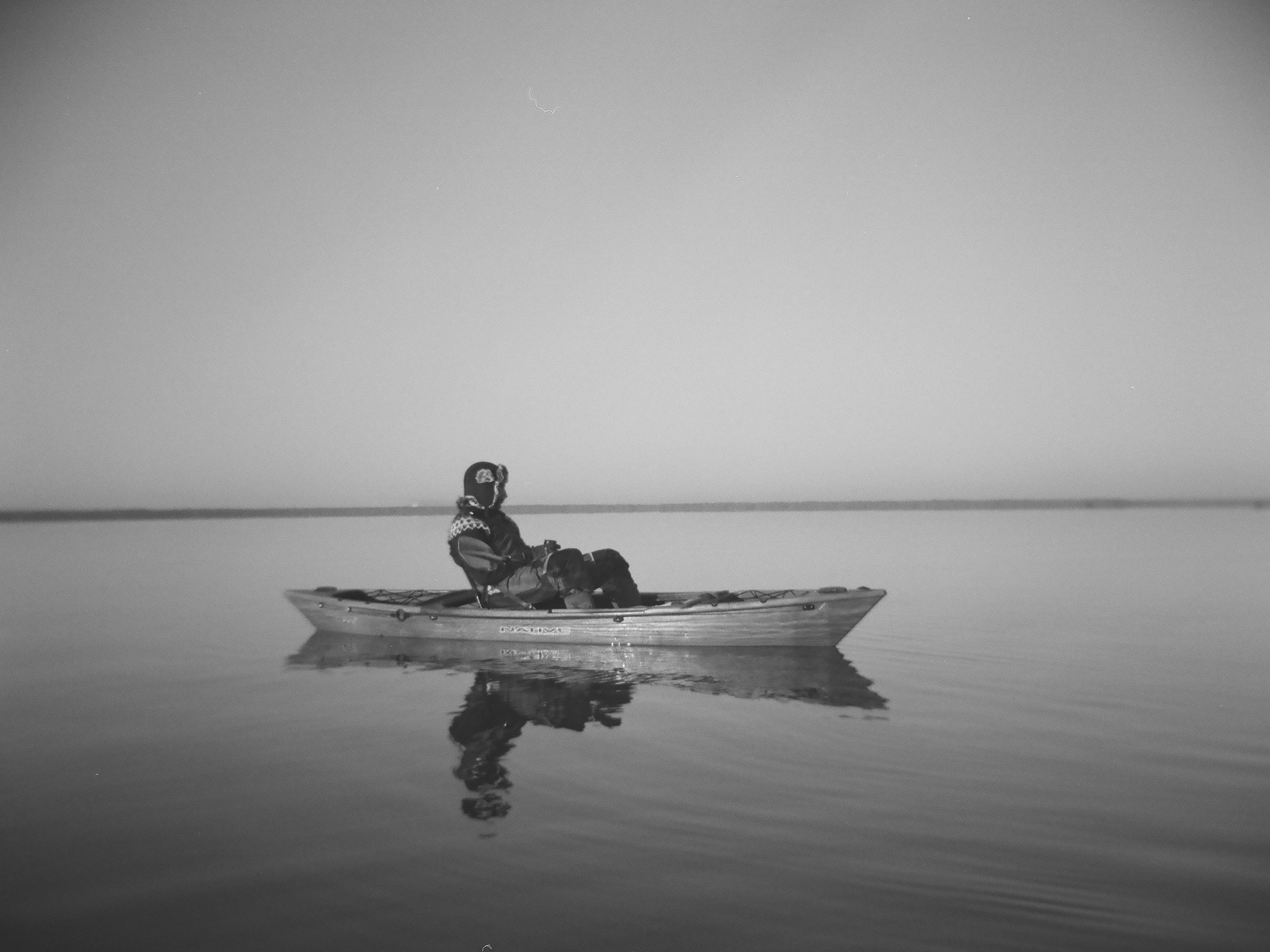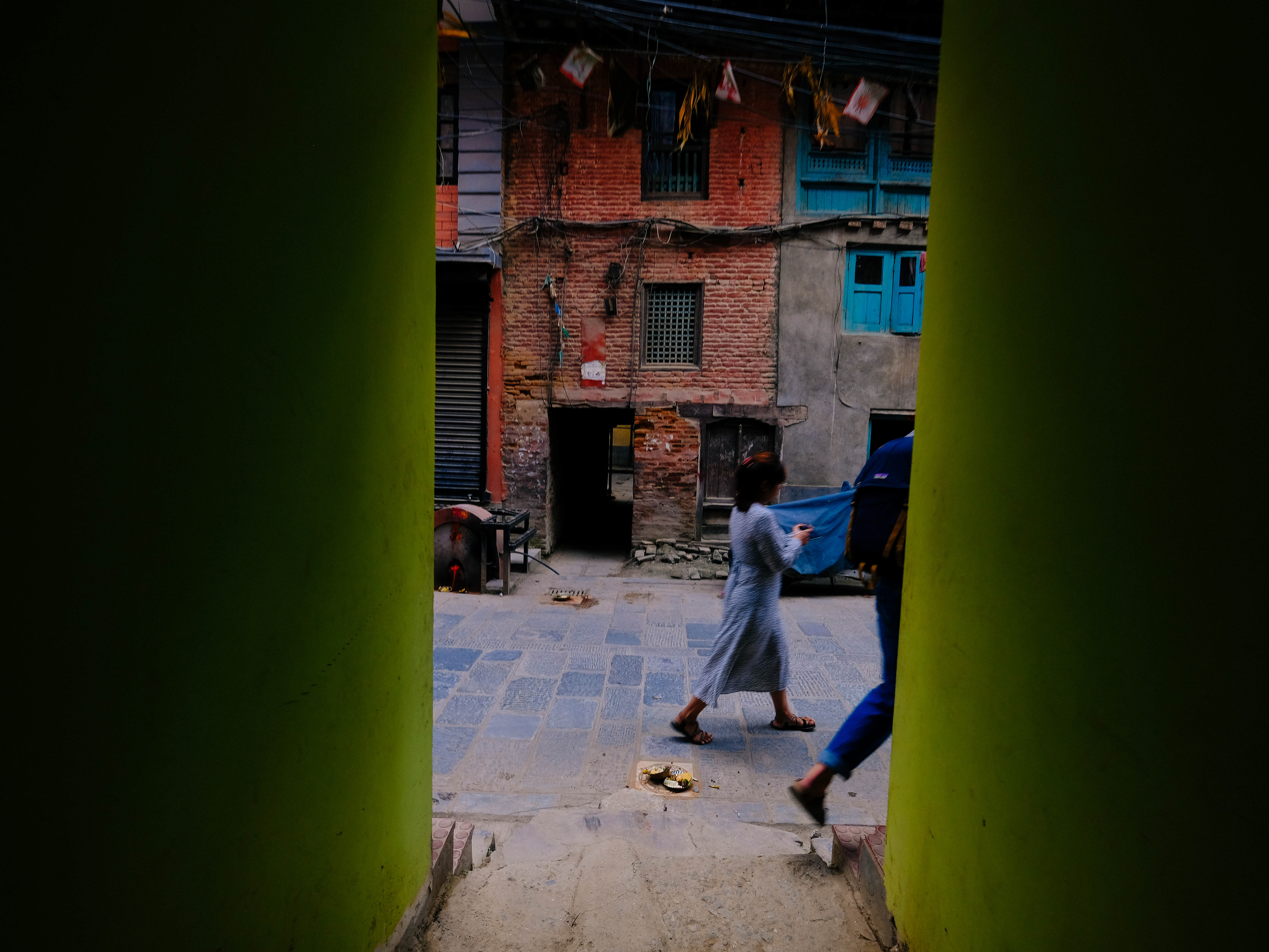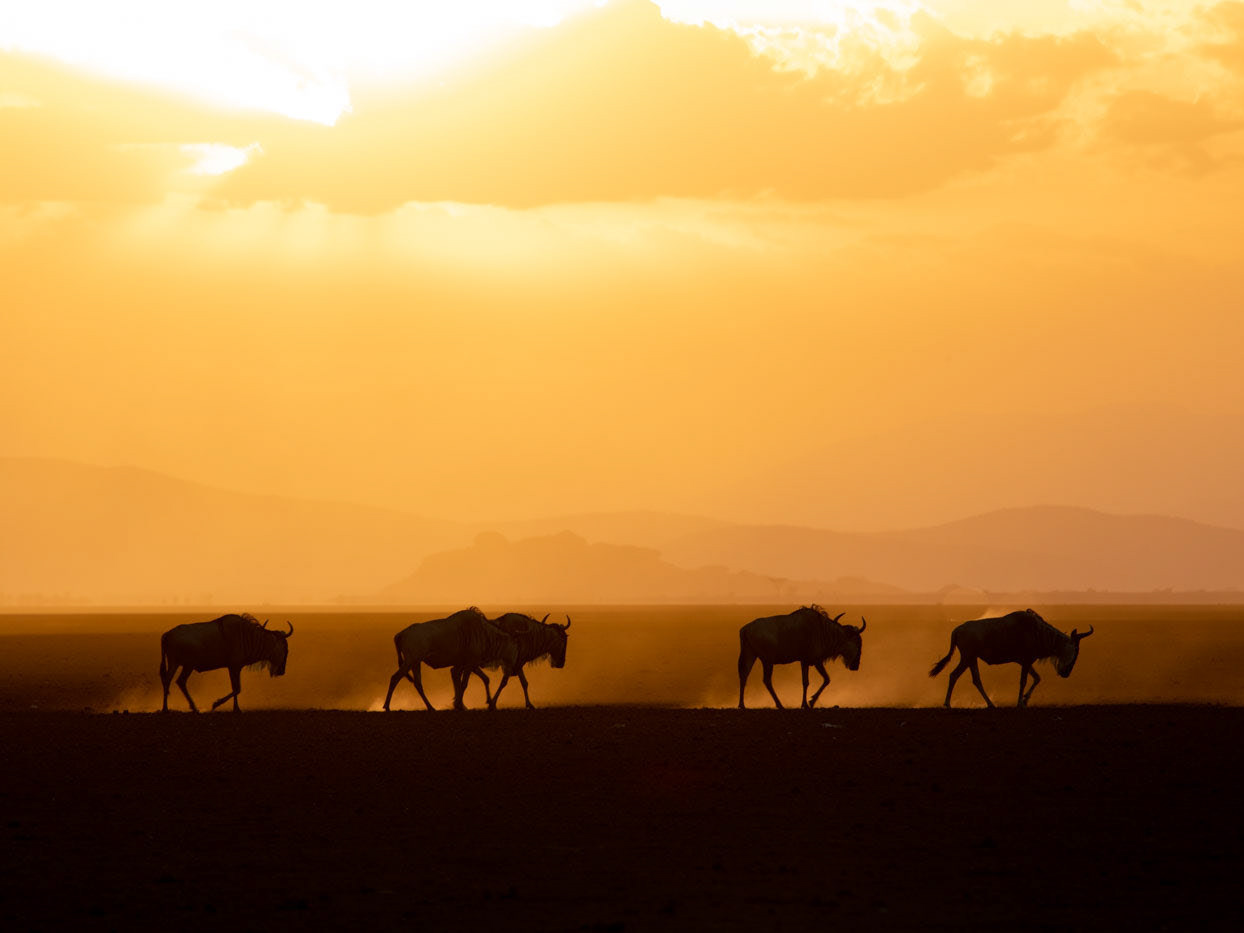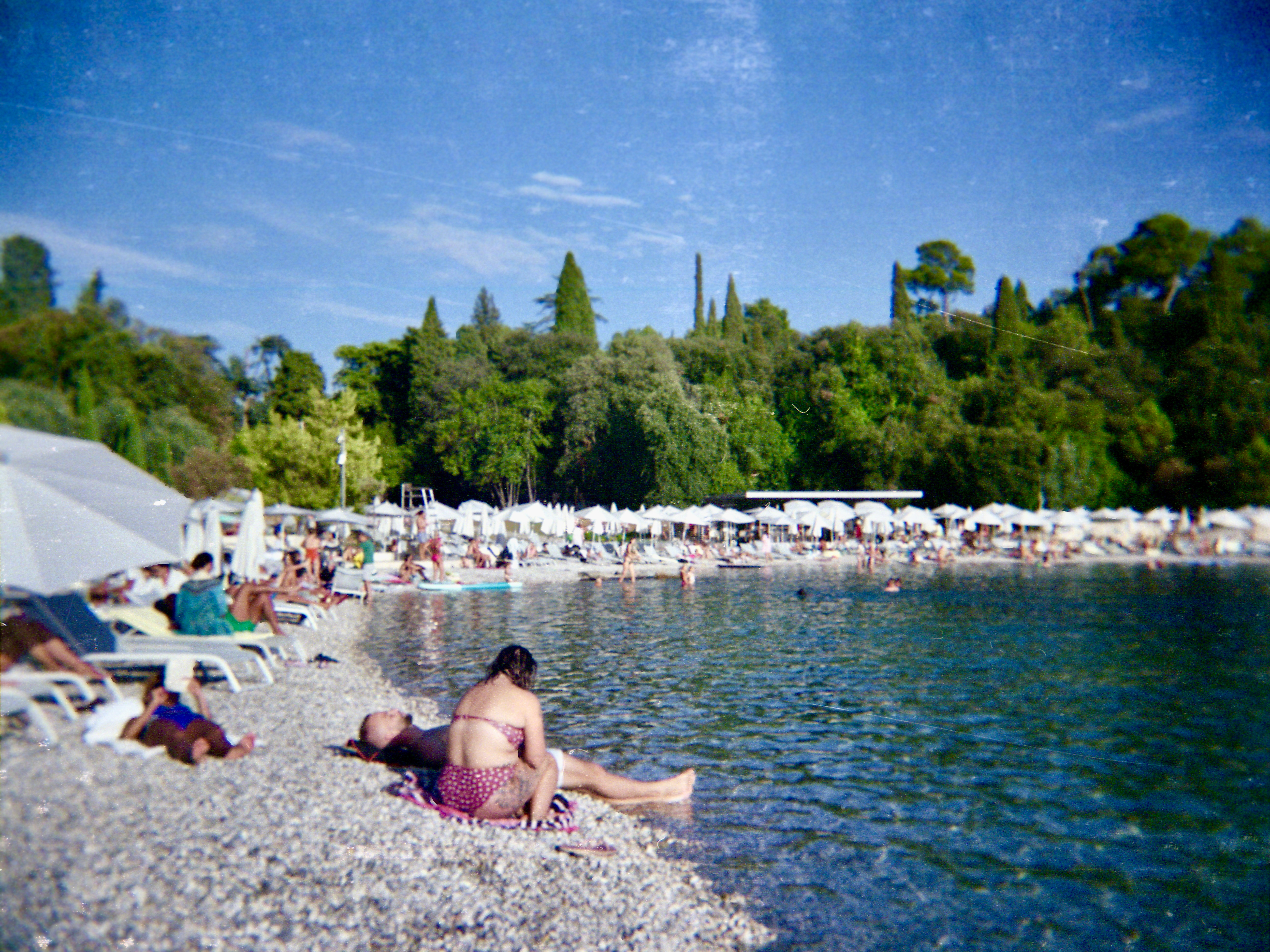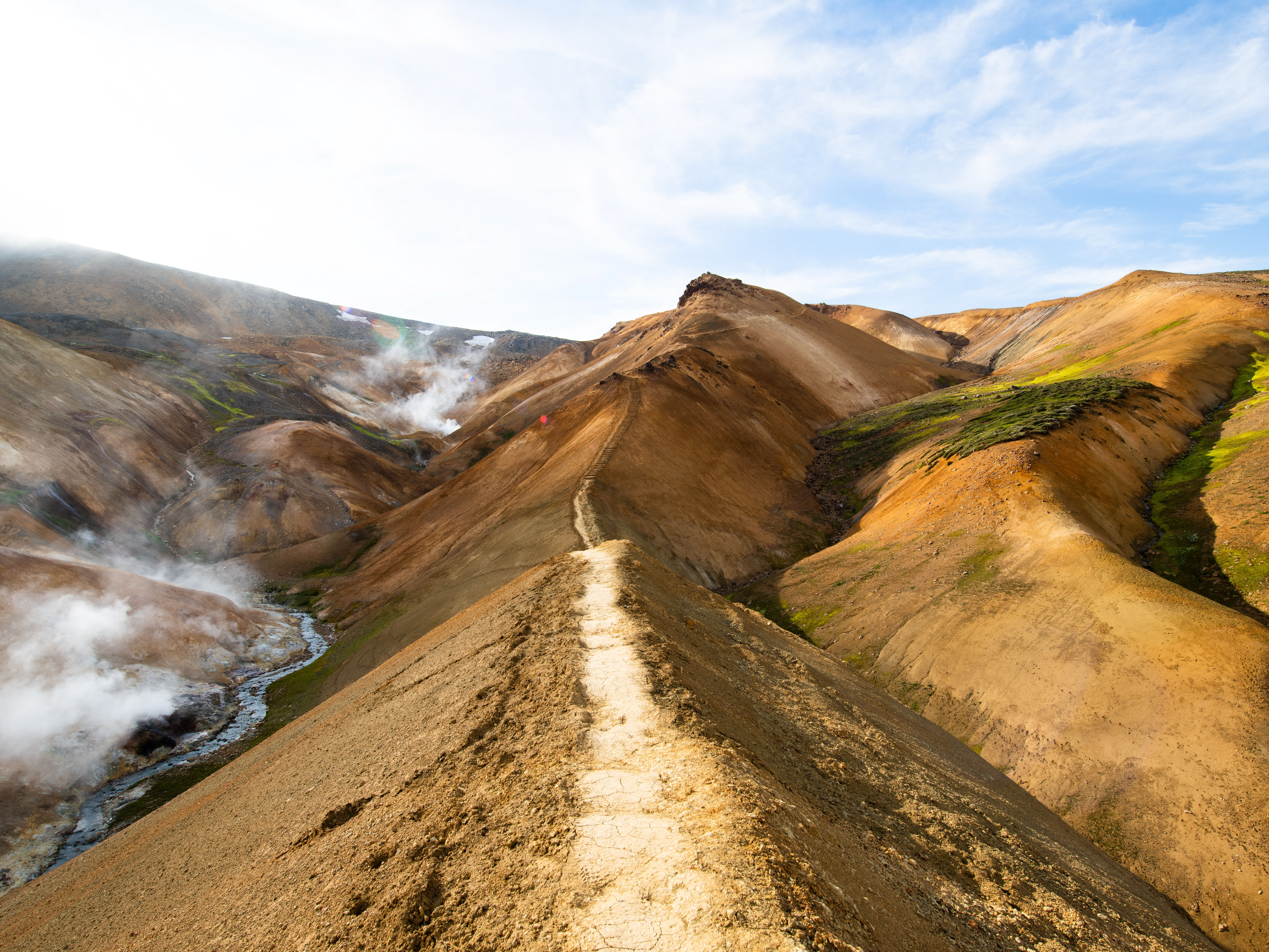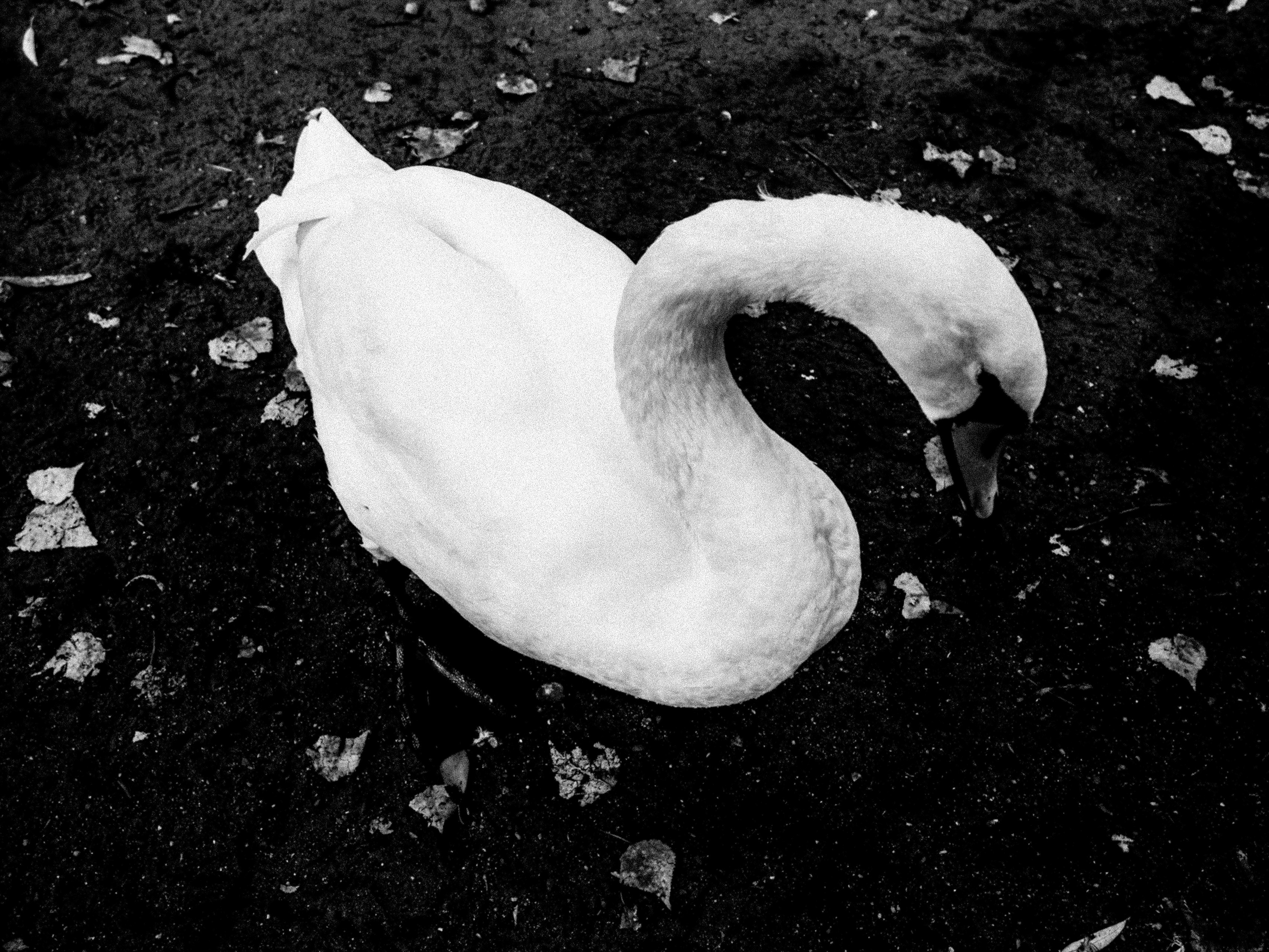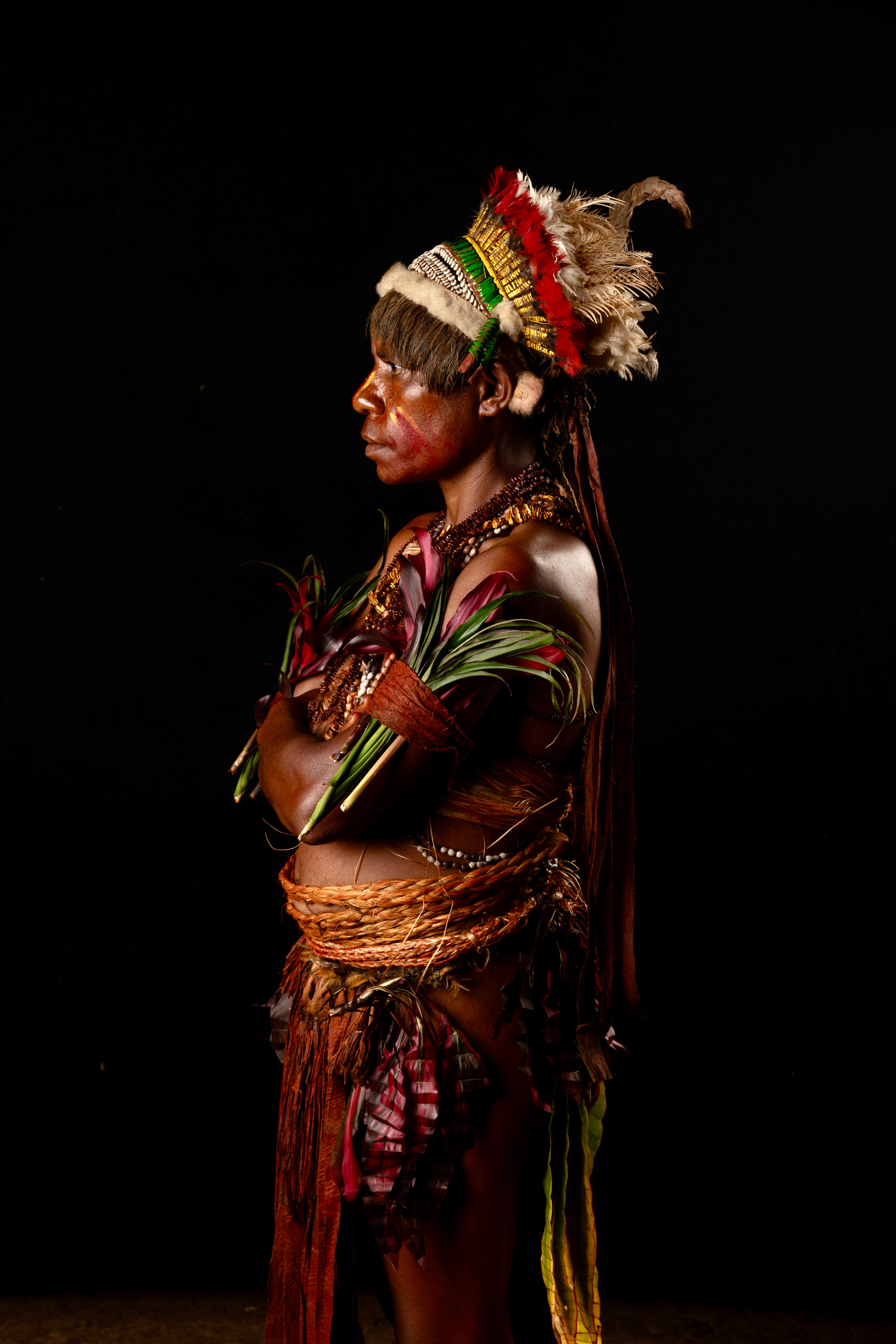
Arunumuna Women, Gimisave Tribe, Araro
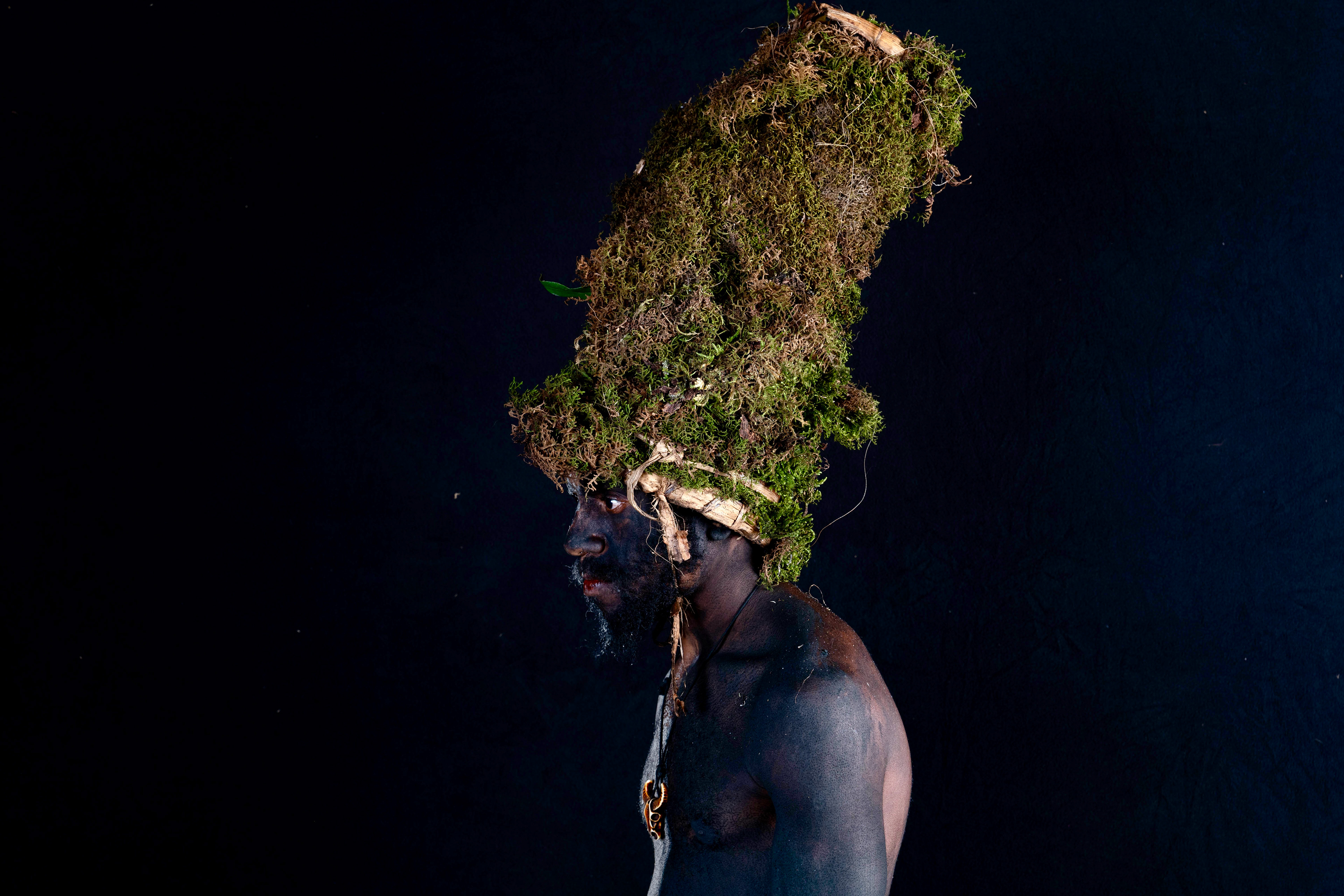
Korokuvo, Gimisave Tribe, Asaro
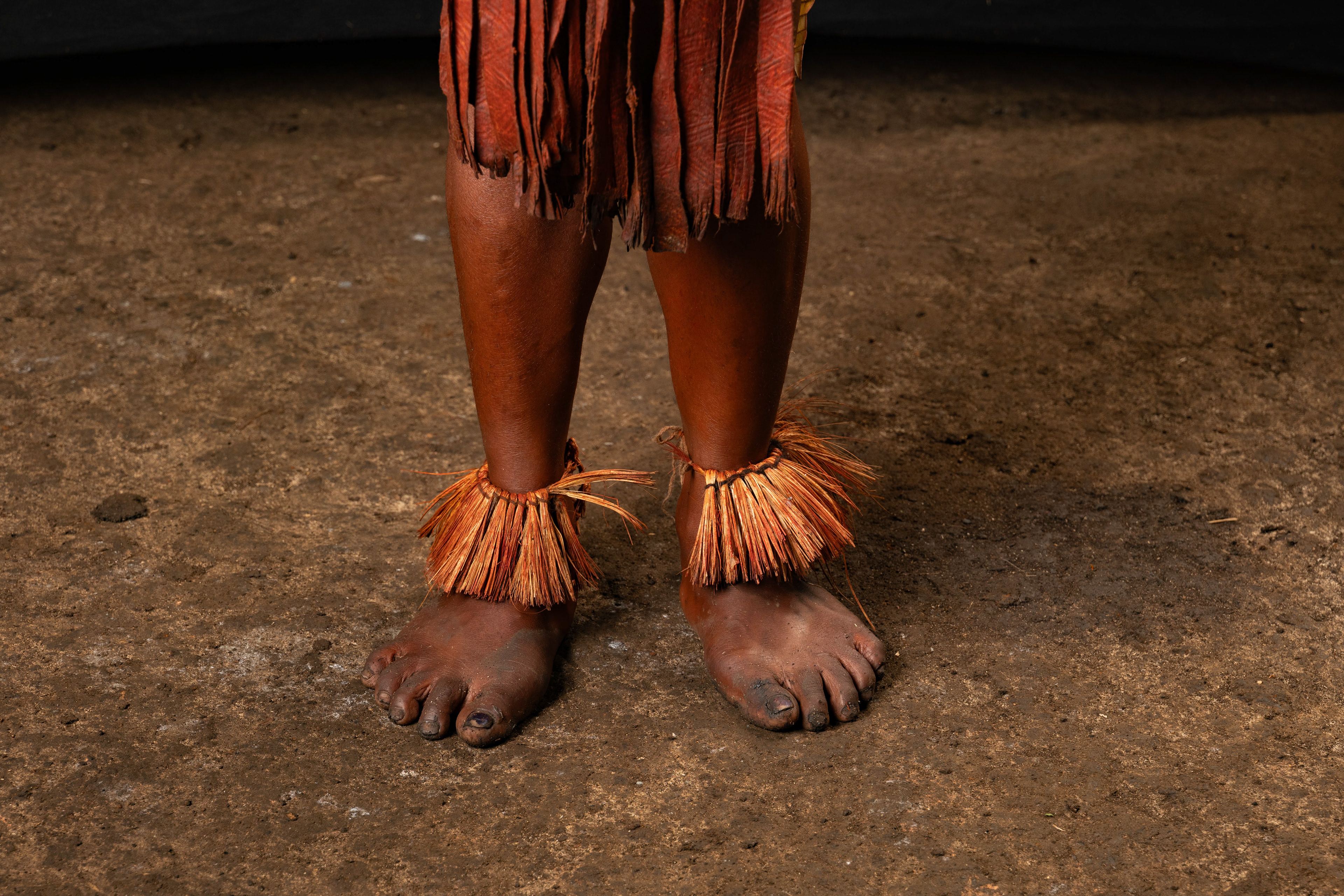
Arunumuna Women, Gimisave Tribe, Araro

Arunumuna Women, Gimisave Tribe, Araro

Arunumuna Women, Gimisave Tribe, Araro

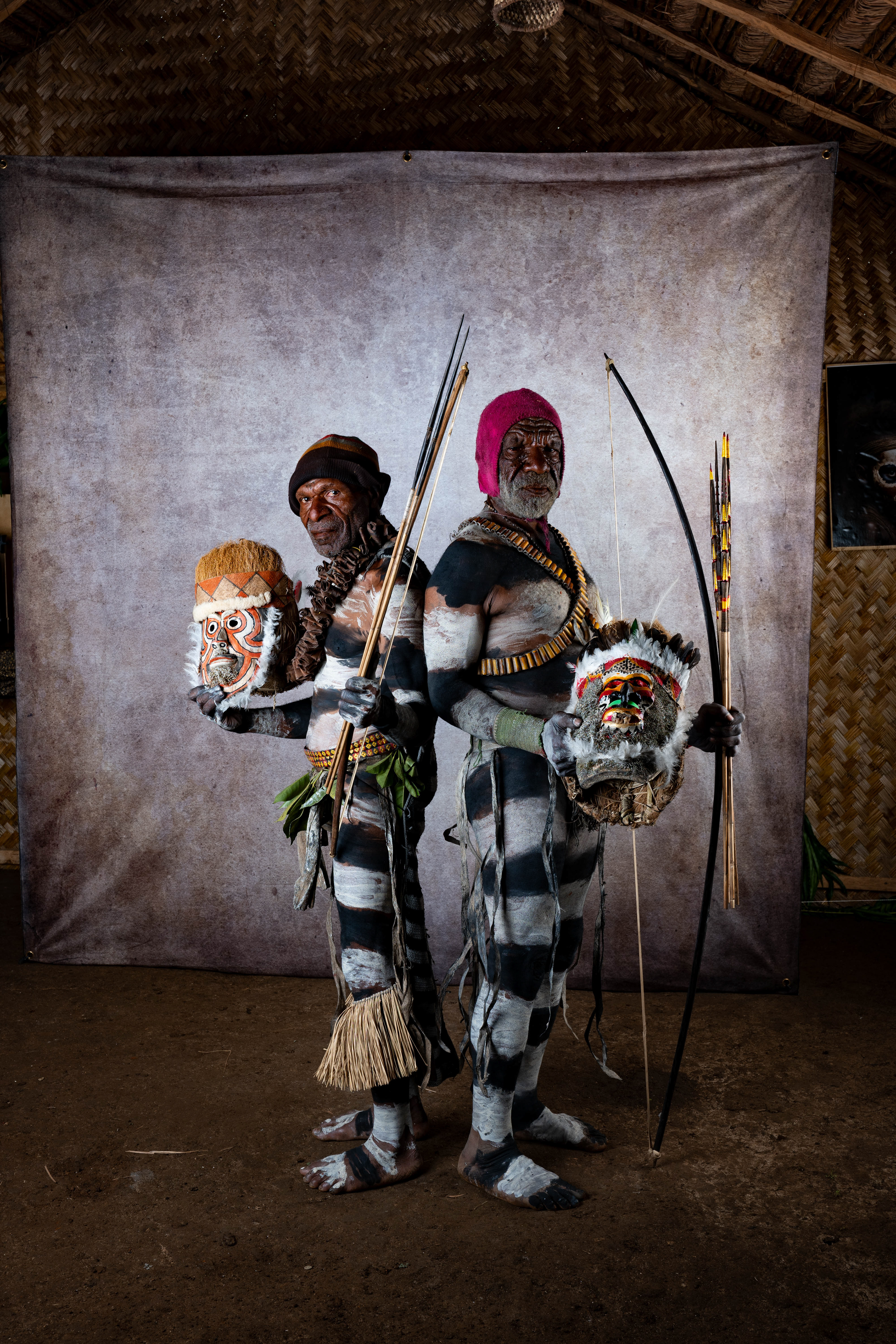
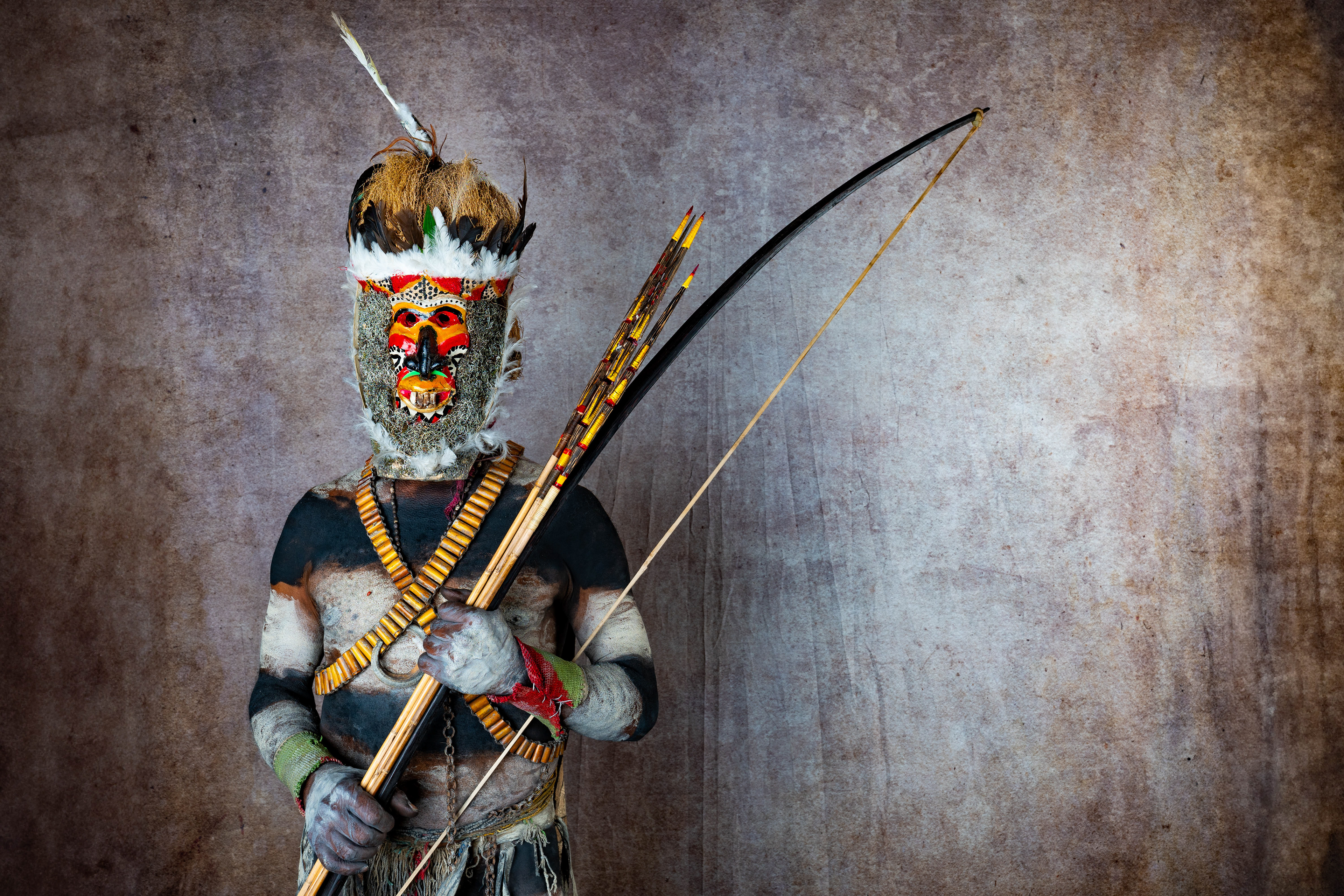

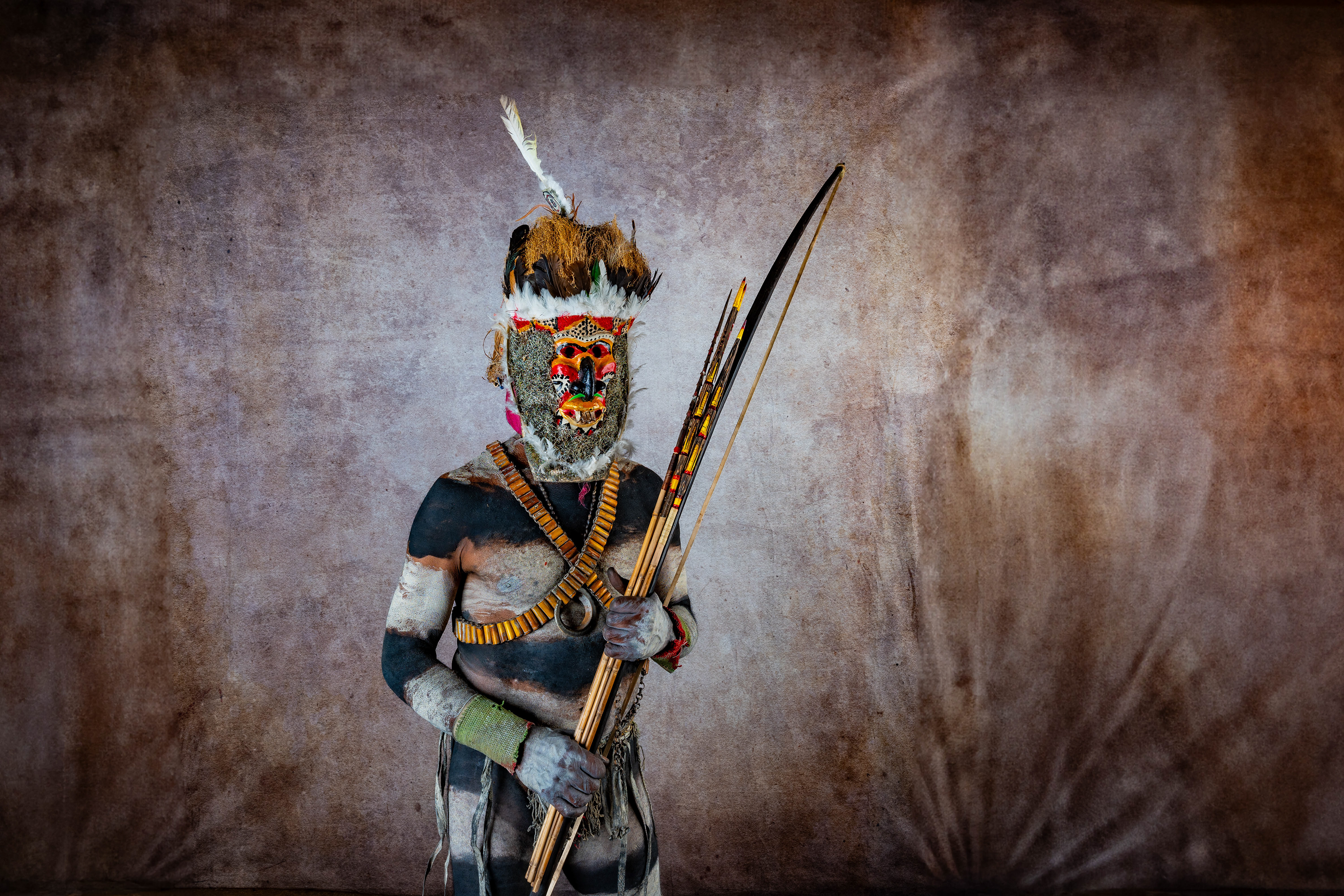
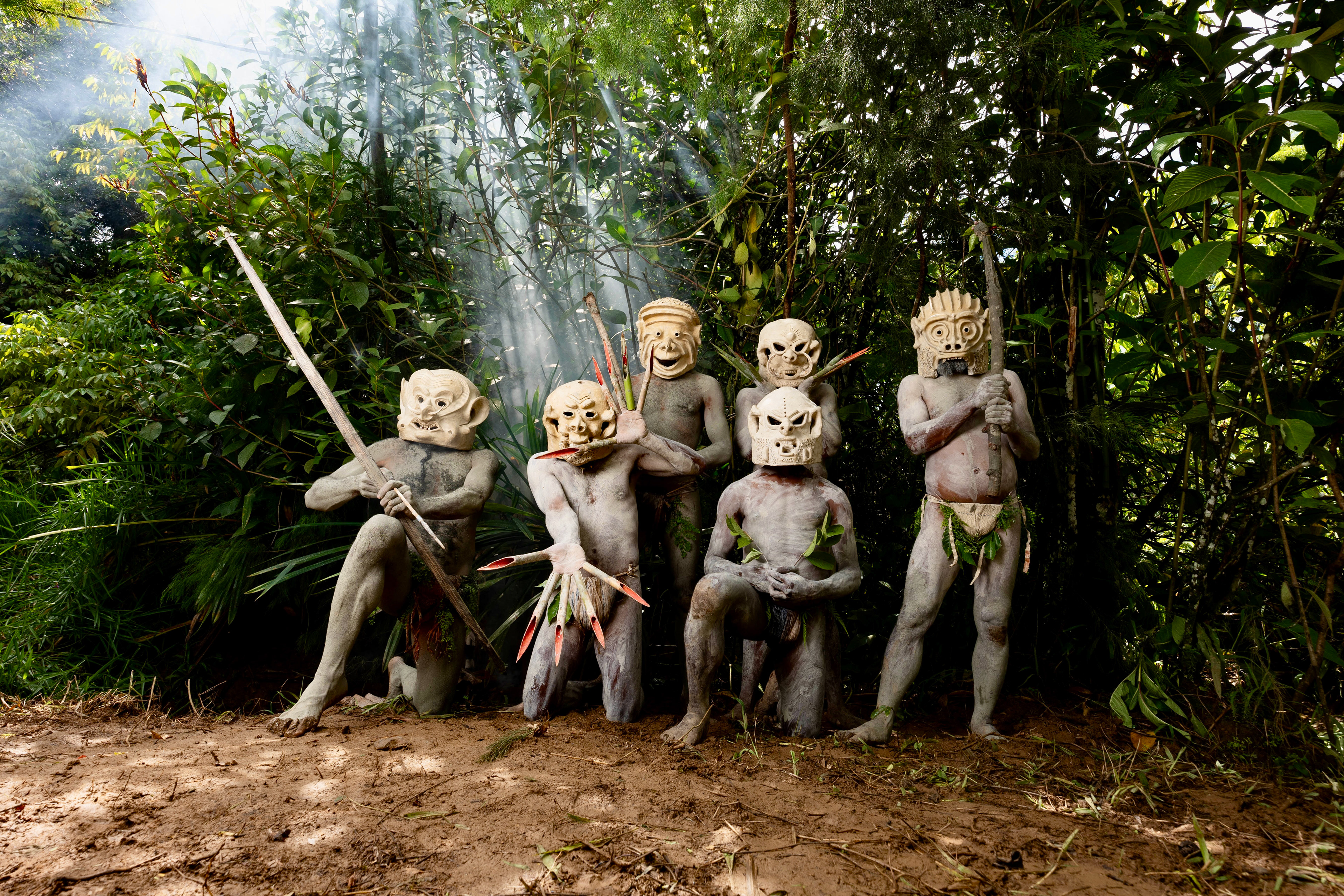
Asaro Mudmen, Goroka
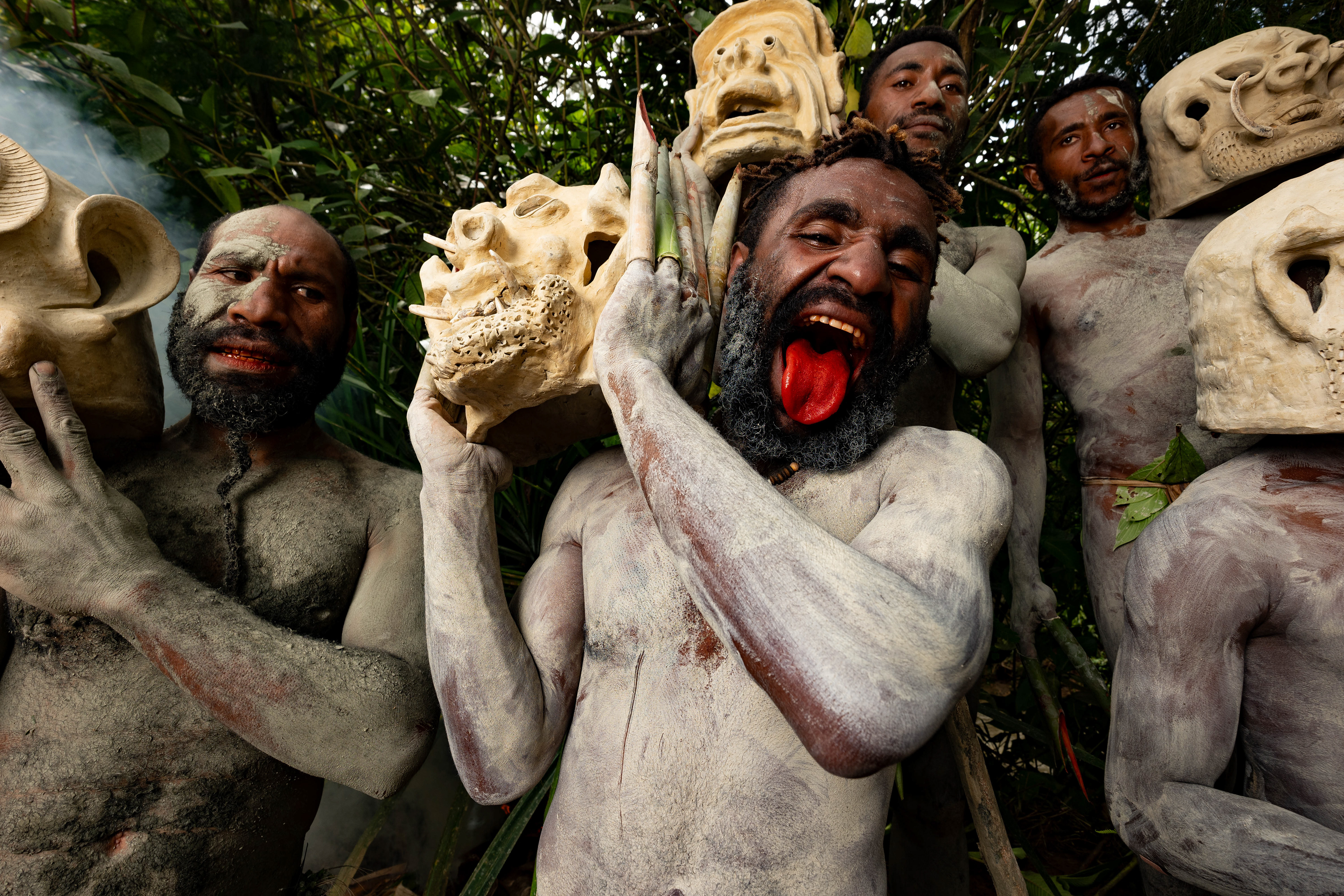
Asaro Mudmen, Goroka

Asaro Mudmen, Goroka
In the midst and chaos of Randy and David setting up our make-shift photo studio and beginning to shoot our first tribe of the trip, one of the people helping run the eco-lodges brings me a man by the name of Henry to talk to. Shutters and flashes go off around us as we pull white plastic chairs around the table, balancing on the uneven, muddied floor. I ask if it is okay for me to record our interview, considering the fact my multitasking note-taking skills are far from perfect. Henry blissfully agreed. He introduces himself, stating his full name and age: Henry Laki Guashio, 76. I already knew he was going to be a fantastic storyteller. He jumped right into telling me about his life.
Henry's father was a police officer. At that time, being a police officer held great status in their society, and with not great employment rates, this was a privilege. Since his father was a police officer, Henry could go to school. Australian expats and or missionaries ran schools in the 1950's. He reminisced about how long it had taken him to learn his 1, 2, and 3's and his A, B, and C's. Henry tells me that schools start in first grade and only go to grade ten, and many kids do not finish school because they need help at home or elsewhere. During this time, Henry and many other students left at grade eight to work as defense force officers. "That's young!" I would tell Henry. He would reply, "It was a must; our government needed us."
After Papua New Guinea gained independence from the British in 1975, Henry focused on preserving traditions. He began to tell me a story that dropped my jaw.
In 1979, he was called along with some other Asaro Mudmen to attend a cultural preservation convention. They flew him and the others to Australia first, and then, from what Henry told me, they flew him to England for a few days separately. From what I understood, this was also for a cultural convention. He arrived in his traditional Bila as an Asaro Mudman. During his performance, he told me they put him in a container on stage and announced to the audience, "We have brought a cannibal from Papua New Guinea, and whoever he catches first, that's his dinner!" Henry said he didn't hear him; he was in the container. Henry went out with his long bamboo fingers and mask when they opened the container, and the crowd ran out in fear, screaming. He said not long after that, the police stormed in and carried him off. "What's going on?" He remembers saying.
While the police were fumbling with him, his mask fell off and shattered on the floor in front of him. He recalls feeling beat.
"It was shocking; I remember saying, what's going on here? Do you speak English? I am not a cannibal!"
They released him shortly after, and he remembers looking at the ground after his shattered mask and telling the police, "My mask…that will be 400 pounds." We laughed in triumph as he told me that. Henry had a good sense of humor.
He did indeed get them to compensate him for the damage to his mask. He later told me, "Here, we charge 150 for the mask, but for them, it was triple for bad behavior!"
Masks like these can take weeks to months to make. They are crafted with such care and attention to detail that they are one-of-a-kind and irreplaceable. Even the mud used in them is sourced from special clays that are only found in that region of Papua New Guinea. Henry is known for his traditional ash-covered mud mask. He is one of this tradition's founders and one of the few who still keeps it alive today. These are traditional, he tells me.
I ask him about the changes from performances then and now, and he says, for the most part, they are still the same; there are just a few differences with the costumes. Before, his brothers and fathers used bows and arrows; now, they use sticks as arrows to be safer. I still cannot fathom the despair Henry must've felt being flown into a foreign country and getting treated with such disrespect by such an ignorant crowd and show host. After a few days in England, he flew back to Australia for a few days and then home.
Flies buzz around us, and background noises consist of yelled-out camera settings and the zap of the lights and shutters going off. Henry continued to answer my questions over the course of an hour or so. He told me about traditions then and now. Stories about how he met his wife, the religion he practices, how many languages he speaks (which is an astonishing amount), and the simple pleasures and ways of life in Papua New Guinea. We concluded our interviews with a firm handshake and smiles that went ear to ear. Henry and I exchanged hello's throughout the village during our stay with the mudmen.
Before we left for the next village, Henry came by my hut. He knocked on the door, and in his hand was a small sculpture of a mini traditional Asaro mud-man mask, coated in charcoal and wrapped nicely with selvage paper and bubble wrap in the perfect little box—the very one he brought to our interview. He also got me a traditional Billum with the Goroka flag design. He looked up and said, "Here is something for you to remember us by."
He smiled, and with tears welling up in my eyes, I gave Henry a big hug, and we said our goodbyes. How could I ever forget Henry? How could I ever forget the amazing people who gave me their time to teach me about their culture? How could I forget exploring the most untouched beautiful lands of Papua New Guinea? We will meet again, Henry.
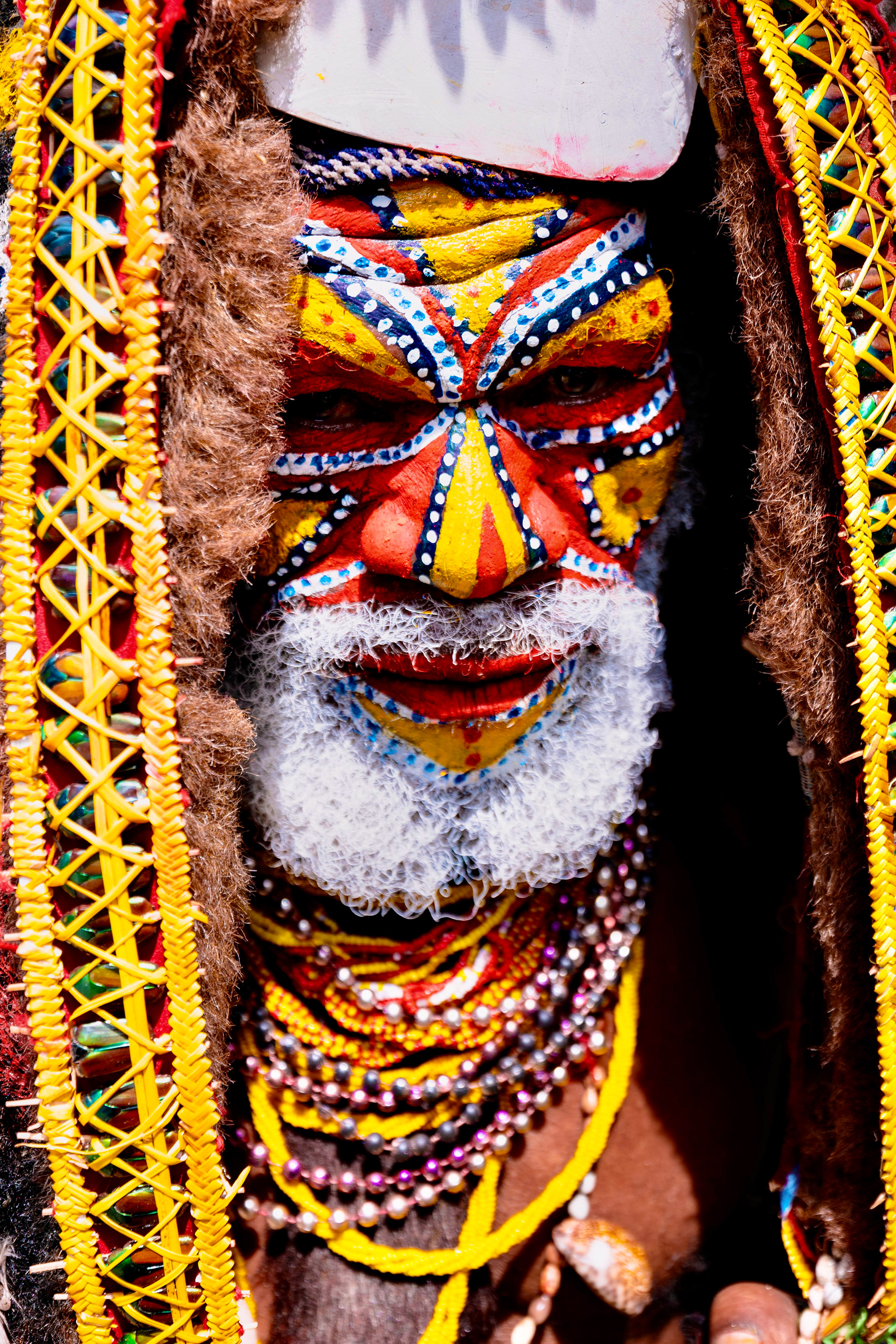
Inguwal "Blue Beard" Tribe
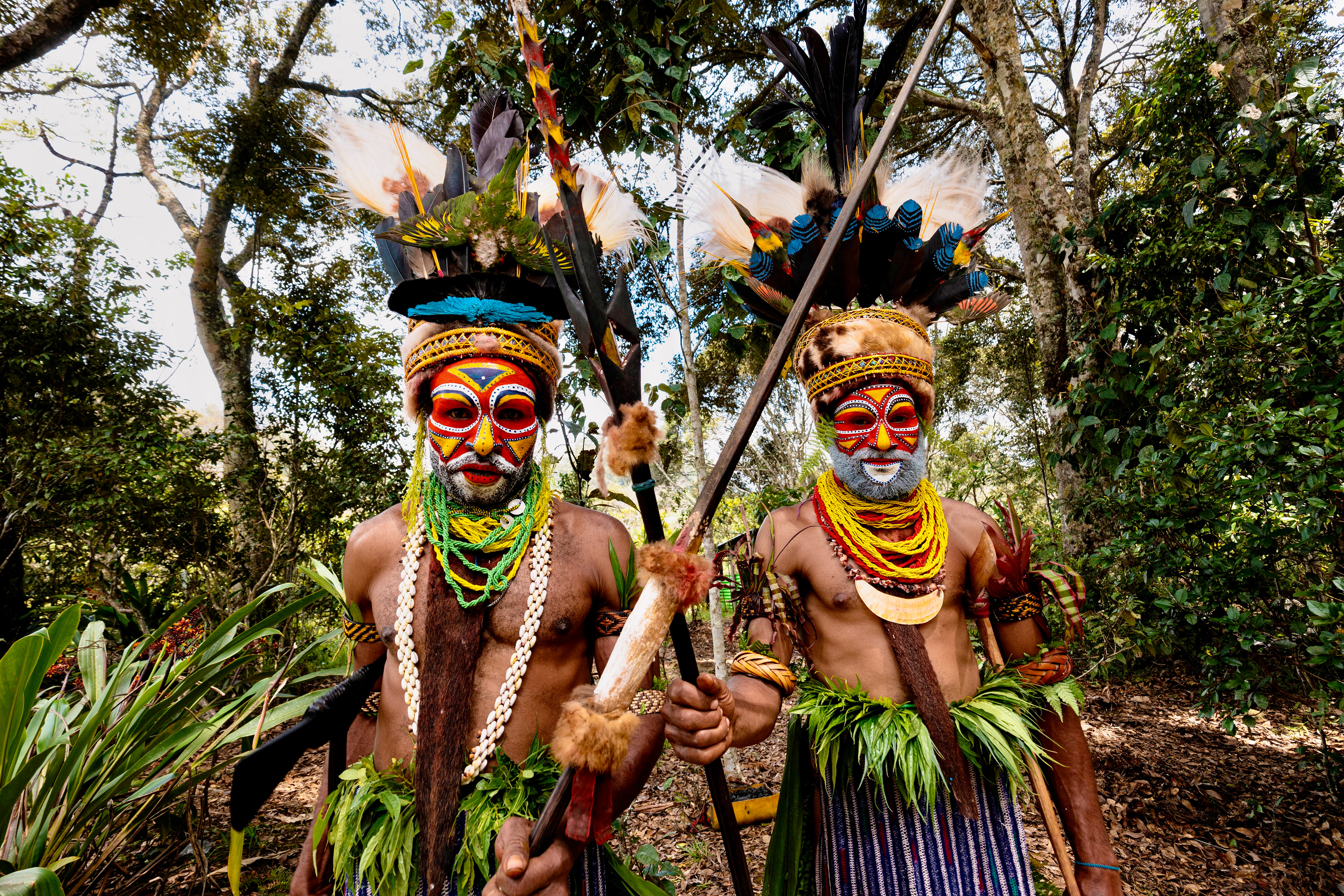
Inguwal "Blue Beard" Tribe
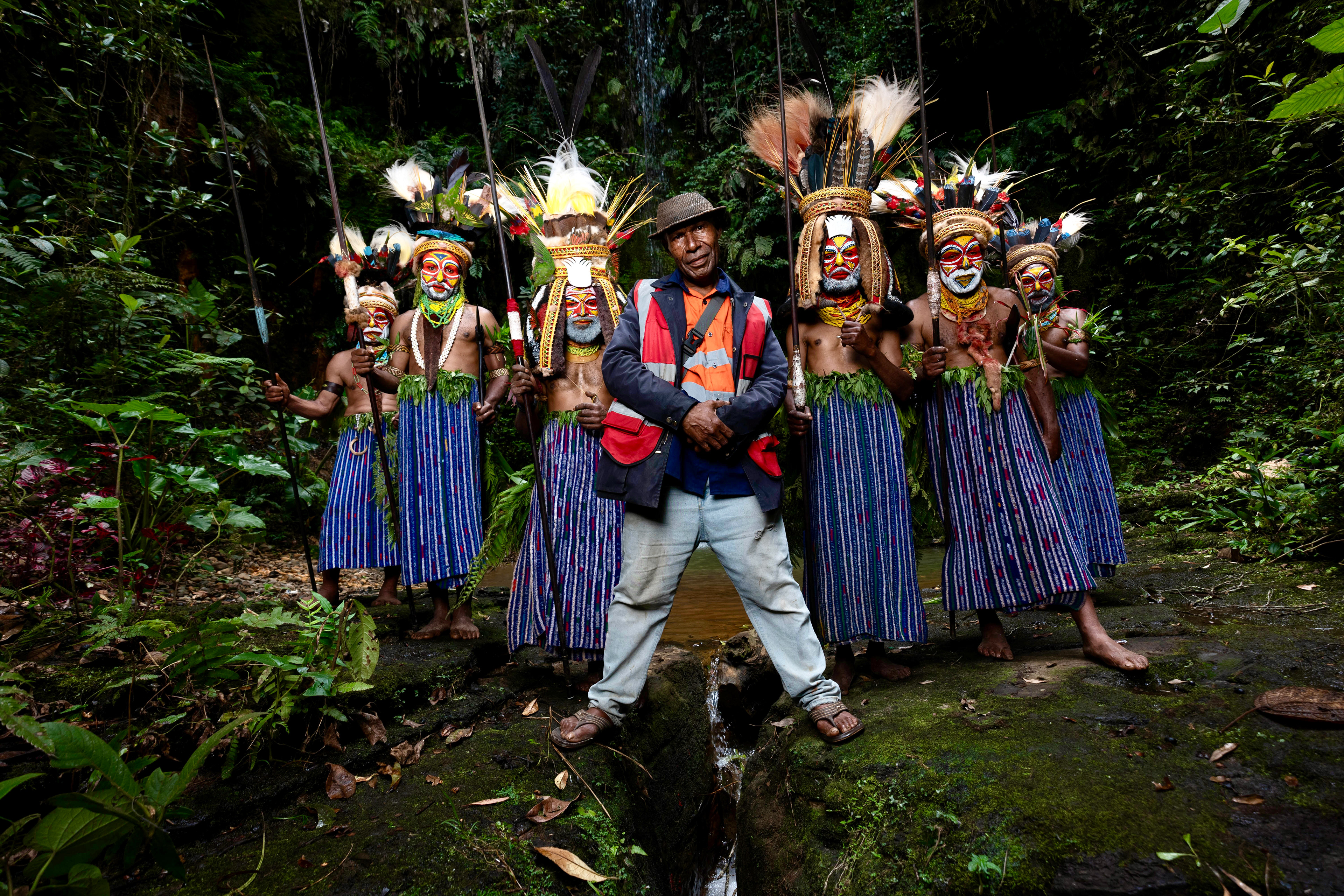
Caspar and the Inguwal "Blue Beard" Tribe

Inguwal "Blue Beard" Tribe

Insect Eaters "Skeleton Tribe"
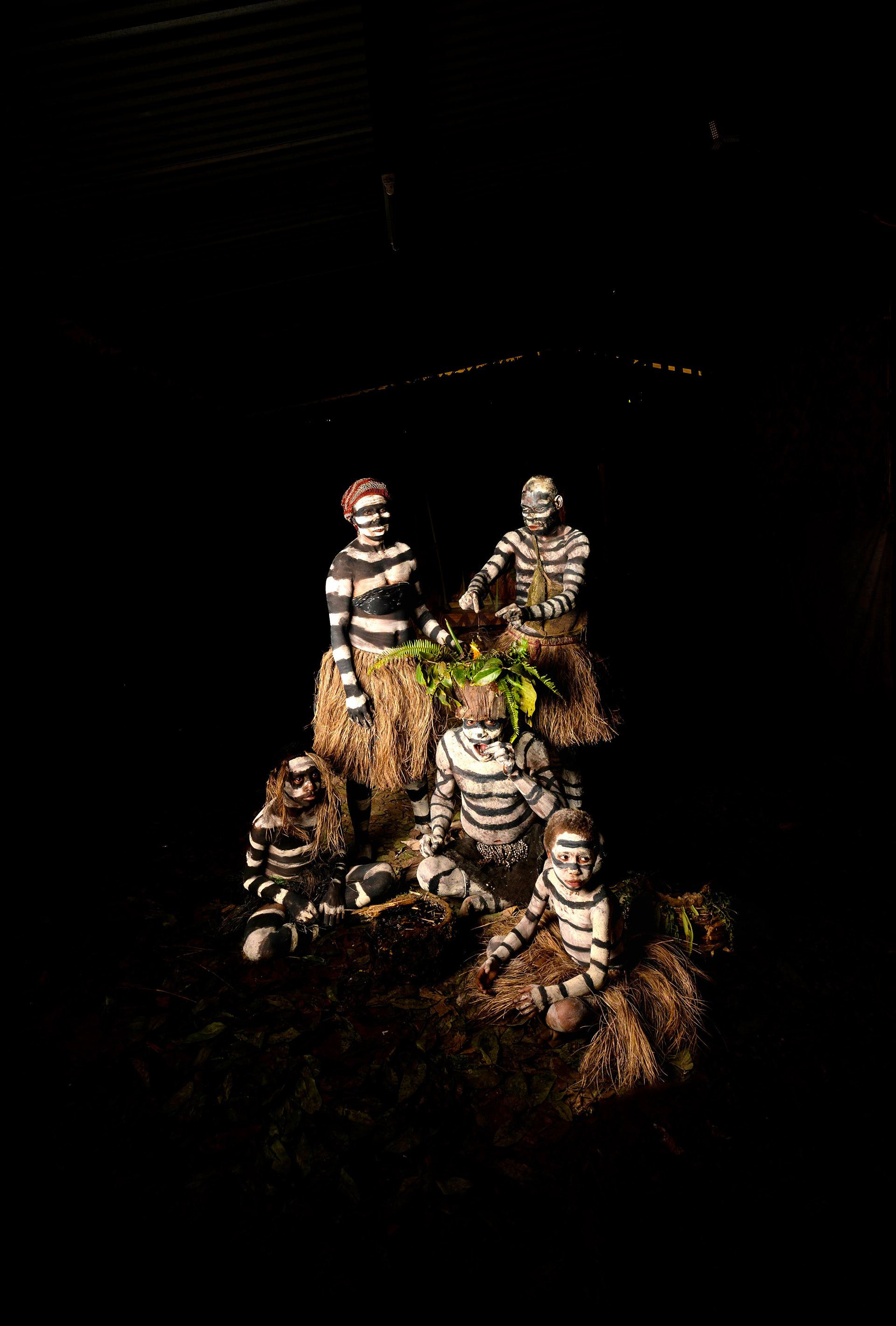
Insect Eaters "Skeleton Tribe"
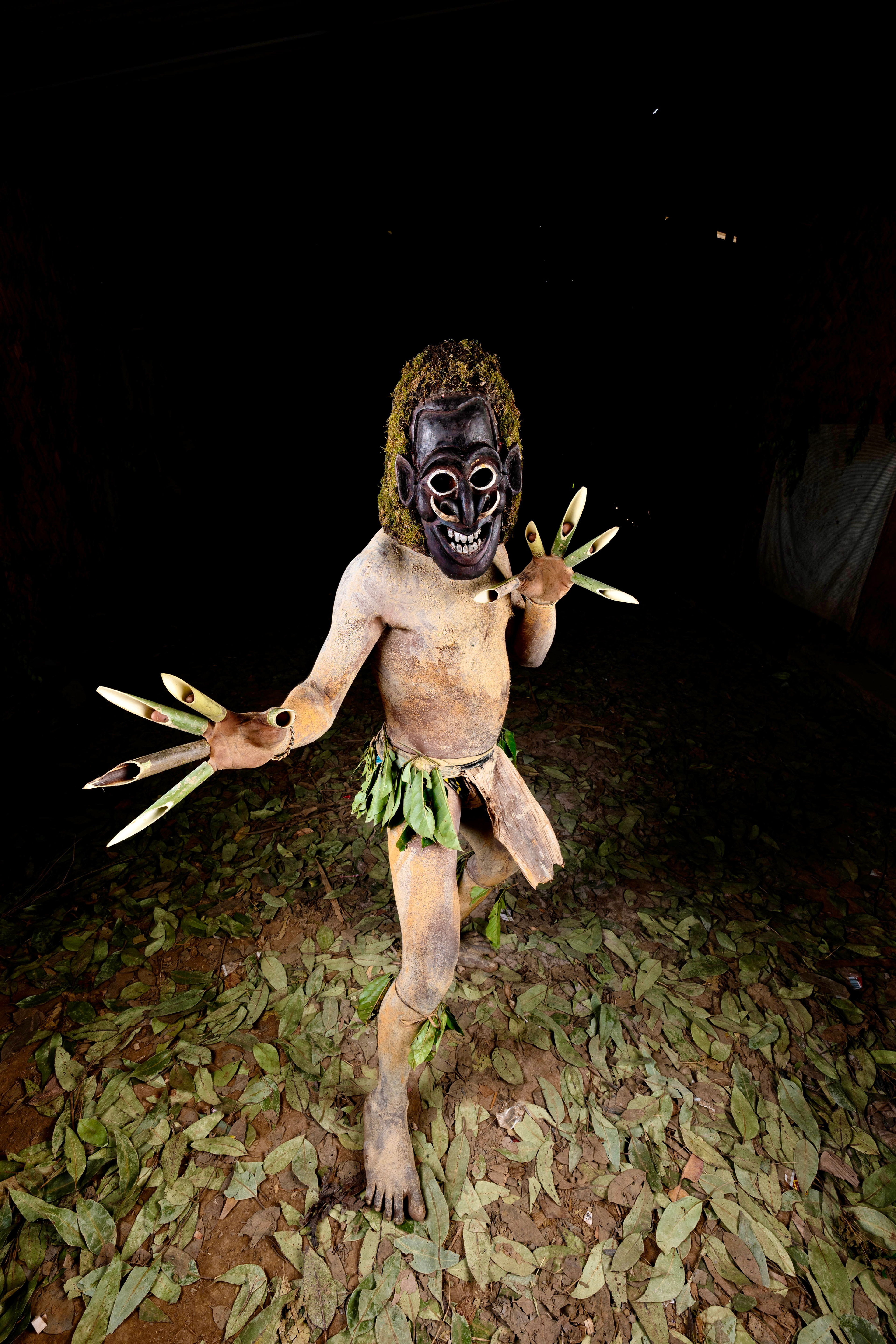
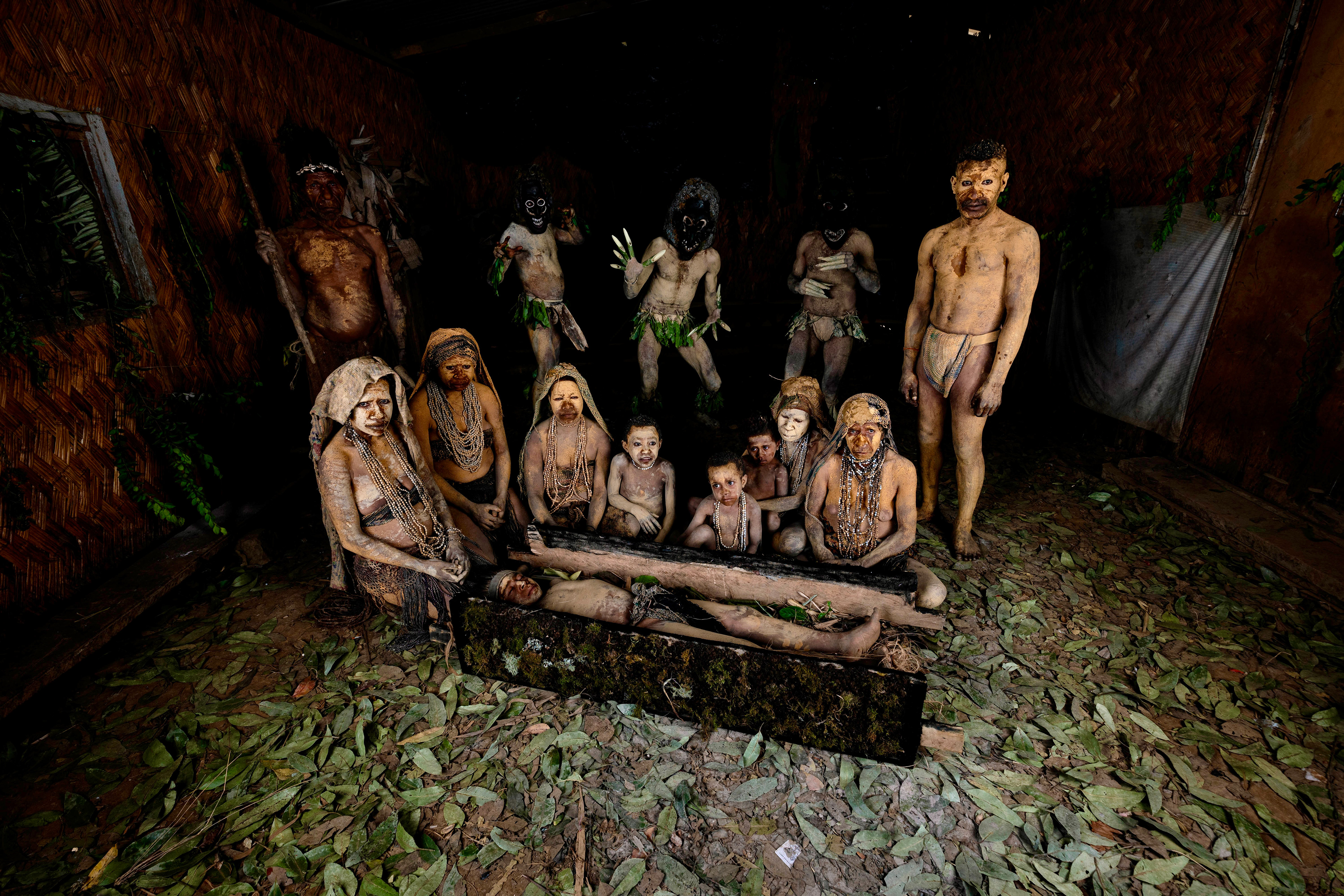

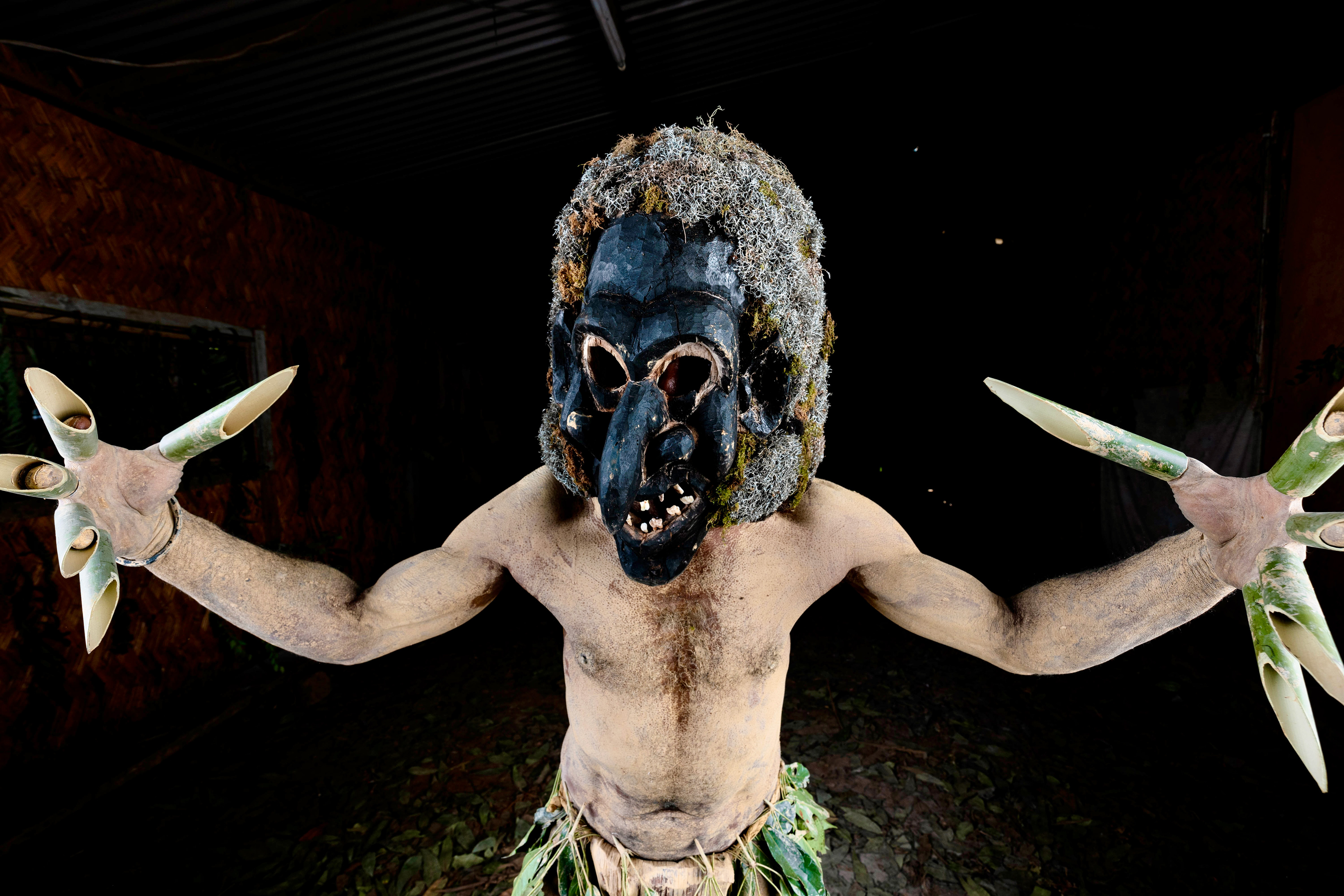
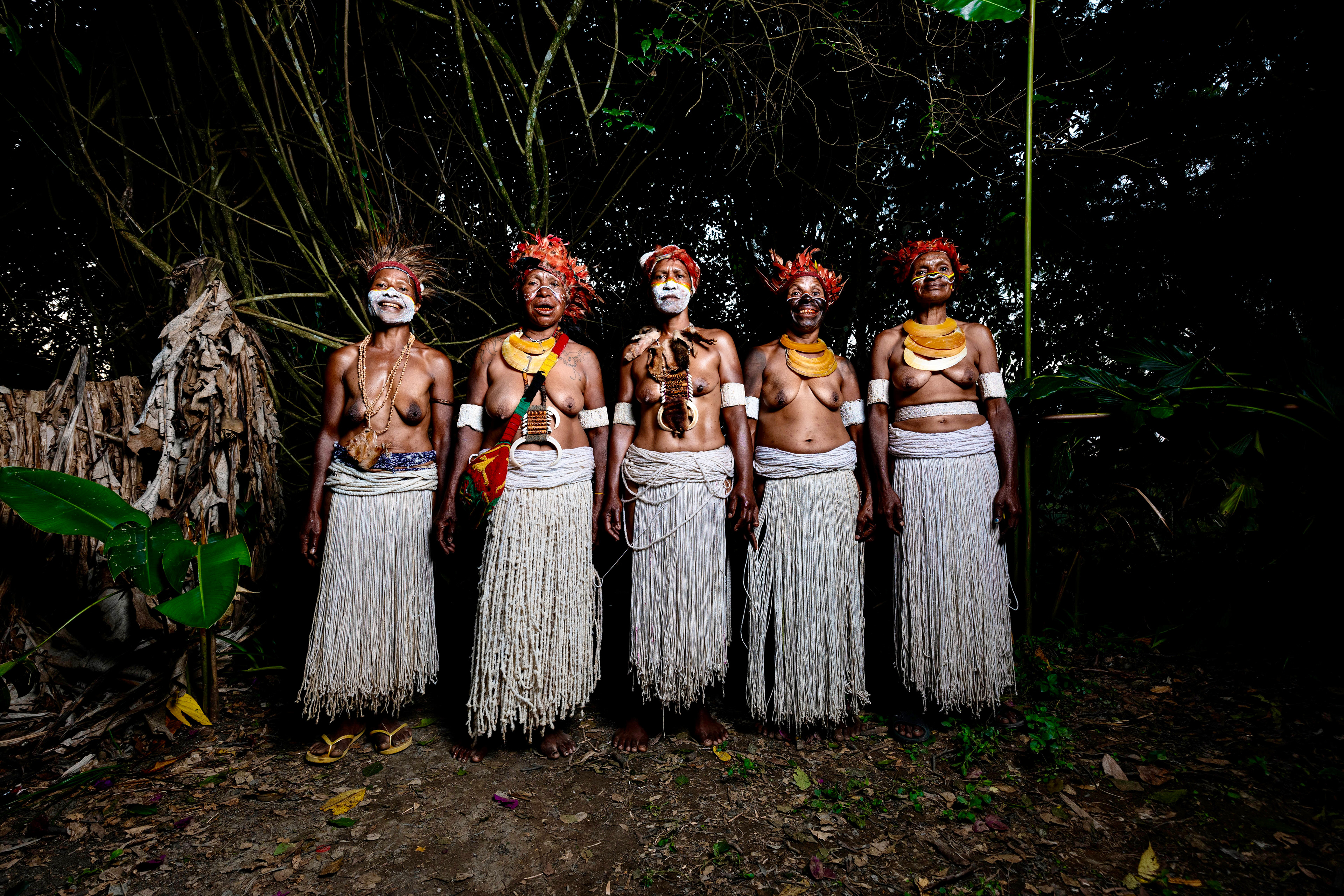
Sing Sing Group
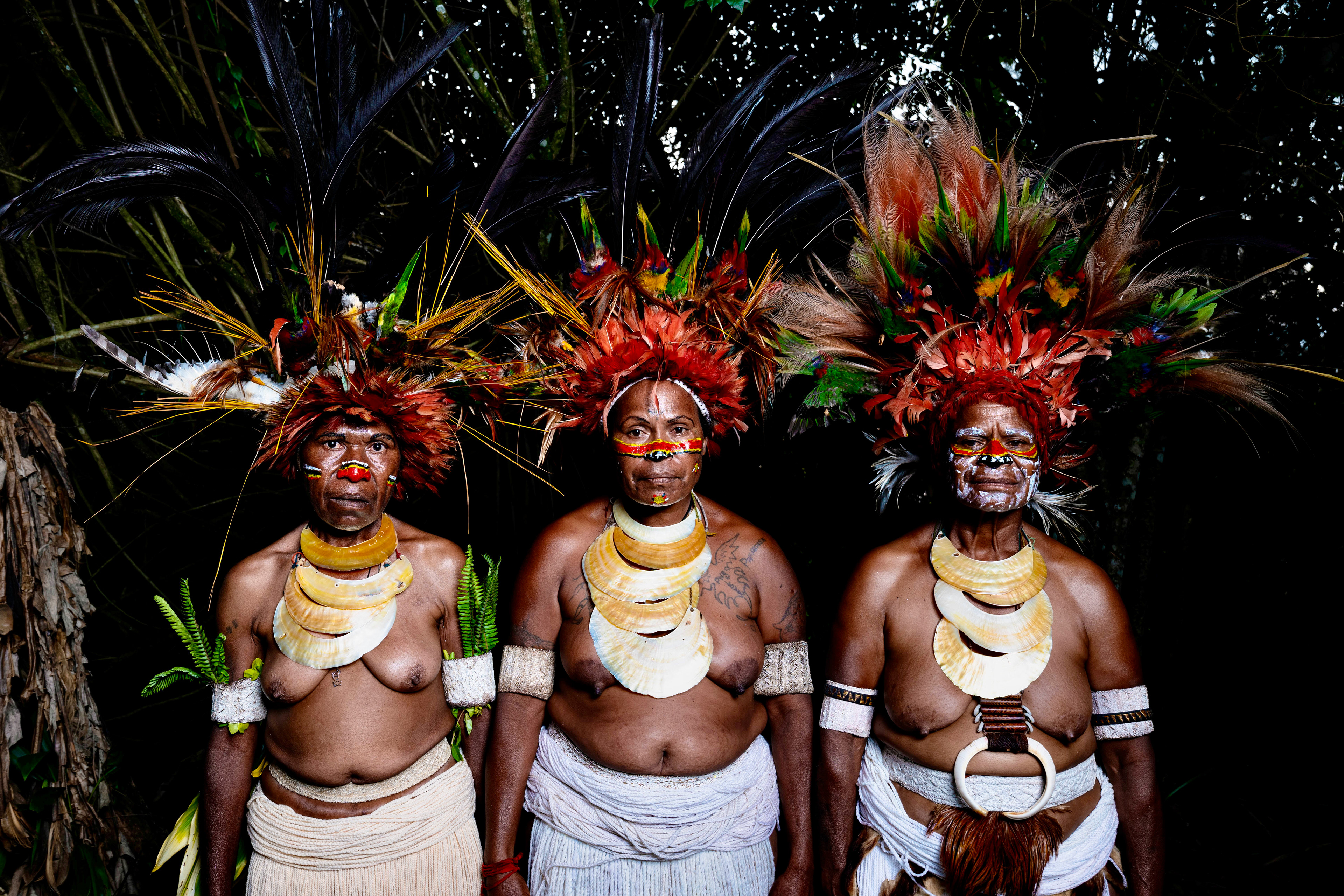
Sing Sing Group
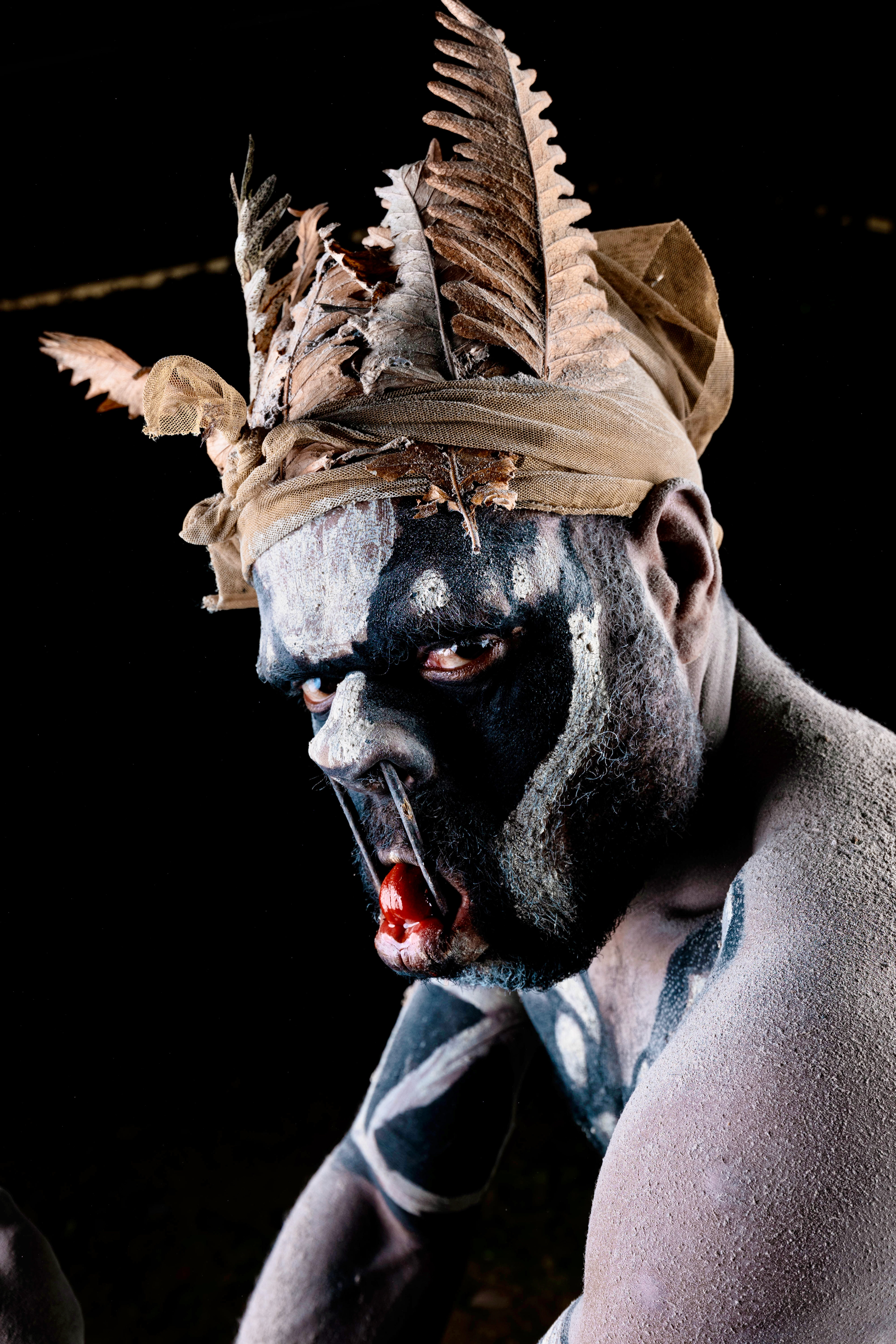
"The Dust Shakers", Kamunyomboko, Konapia
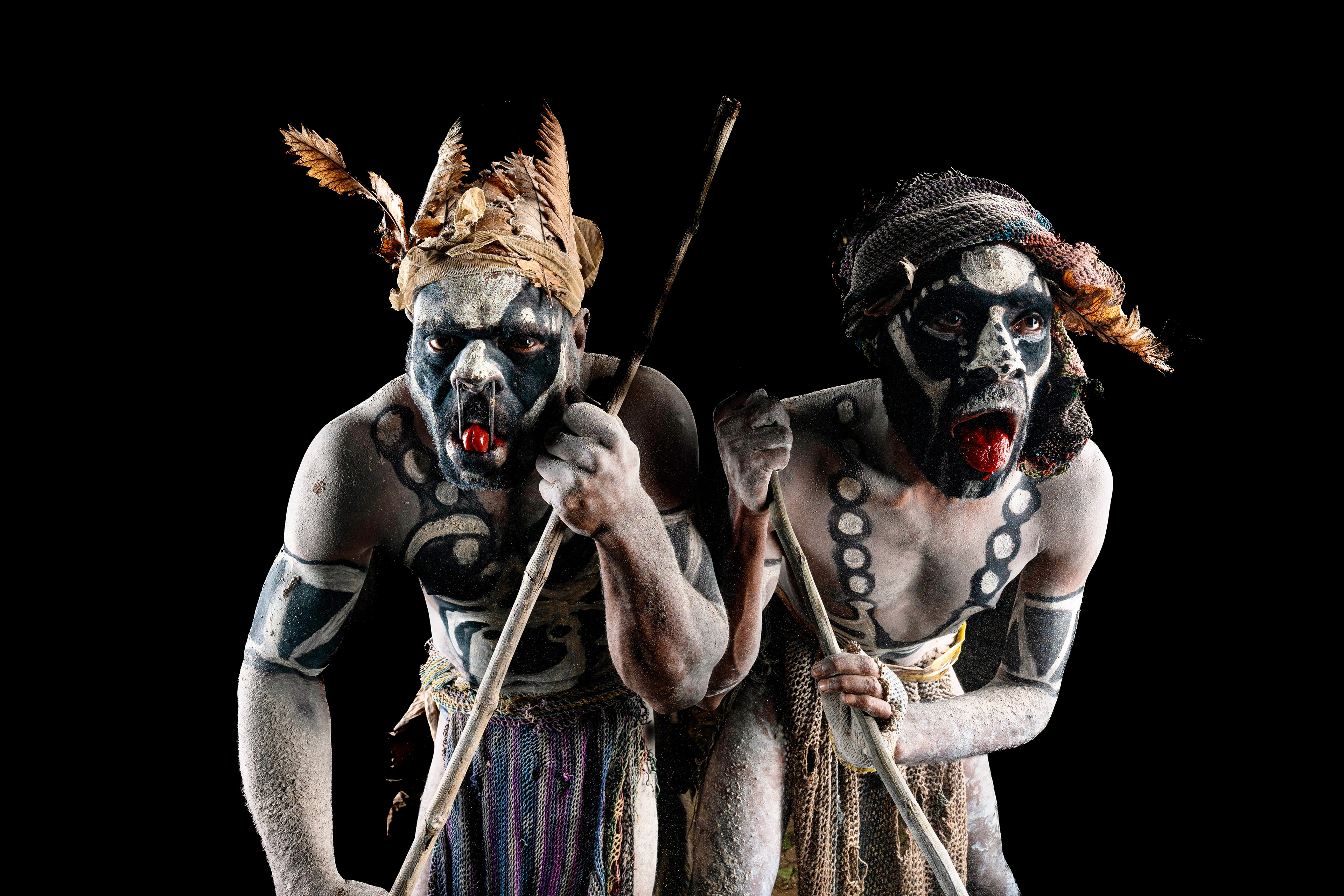
"The Dust Shakers", Kamunyomboko, Konapia


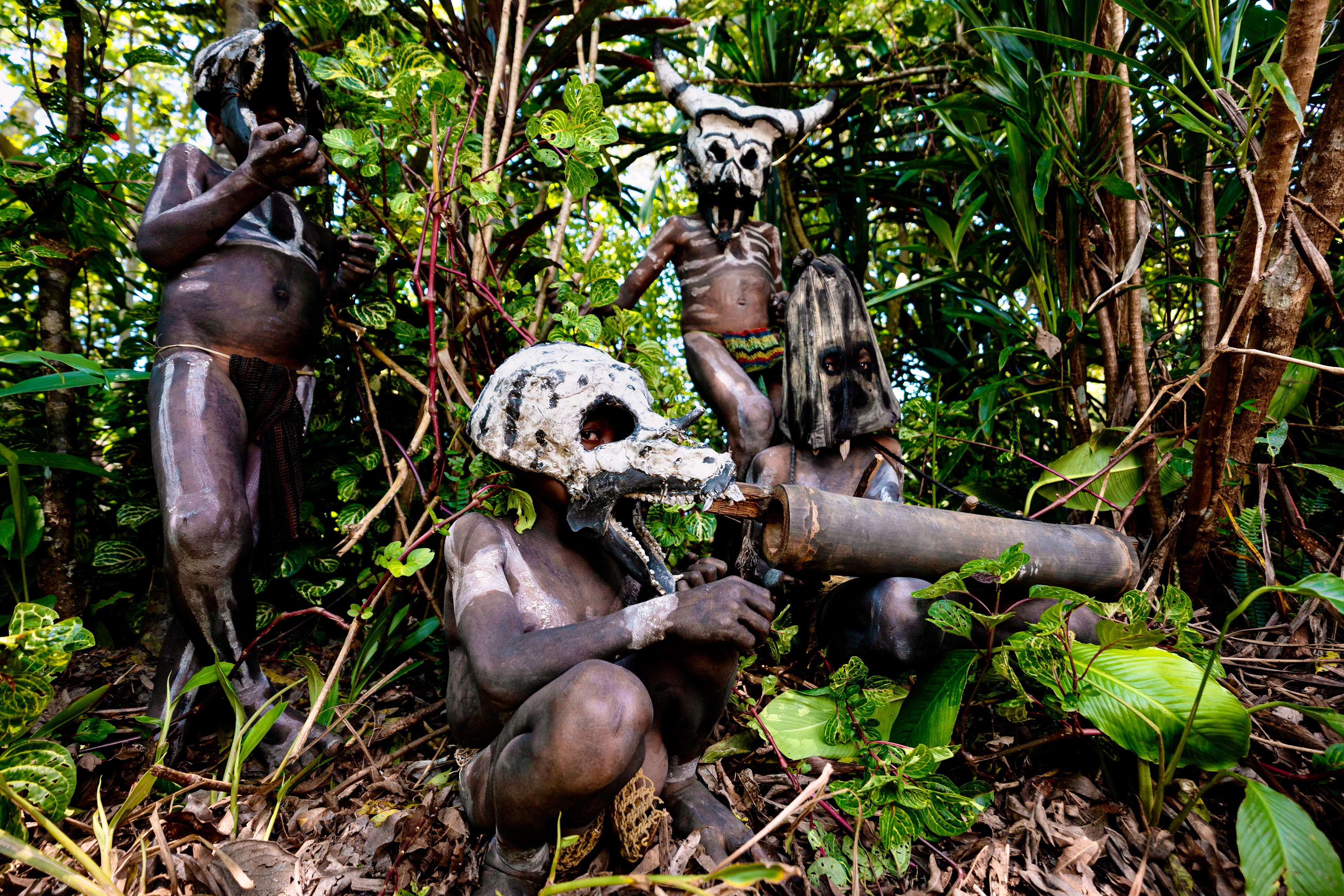
Sekaka Tribe
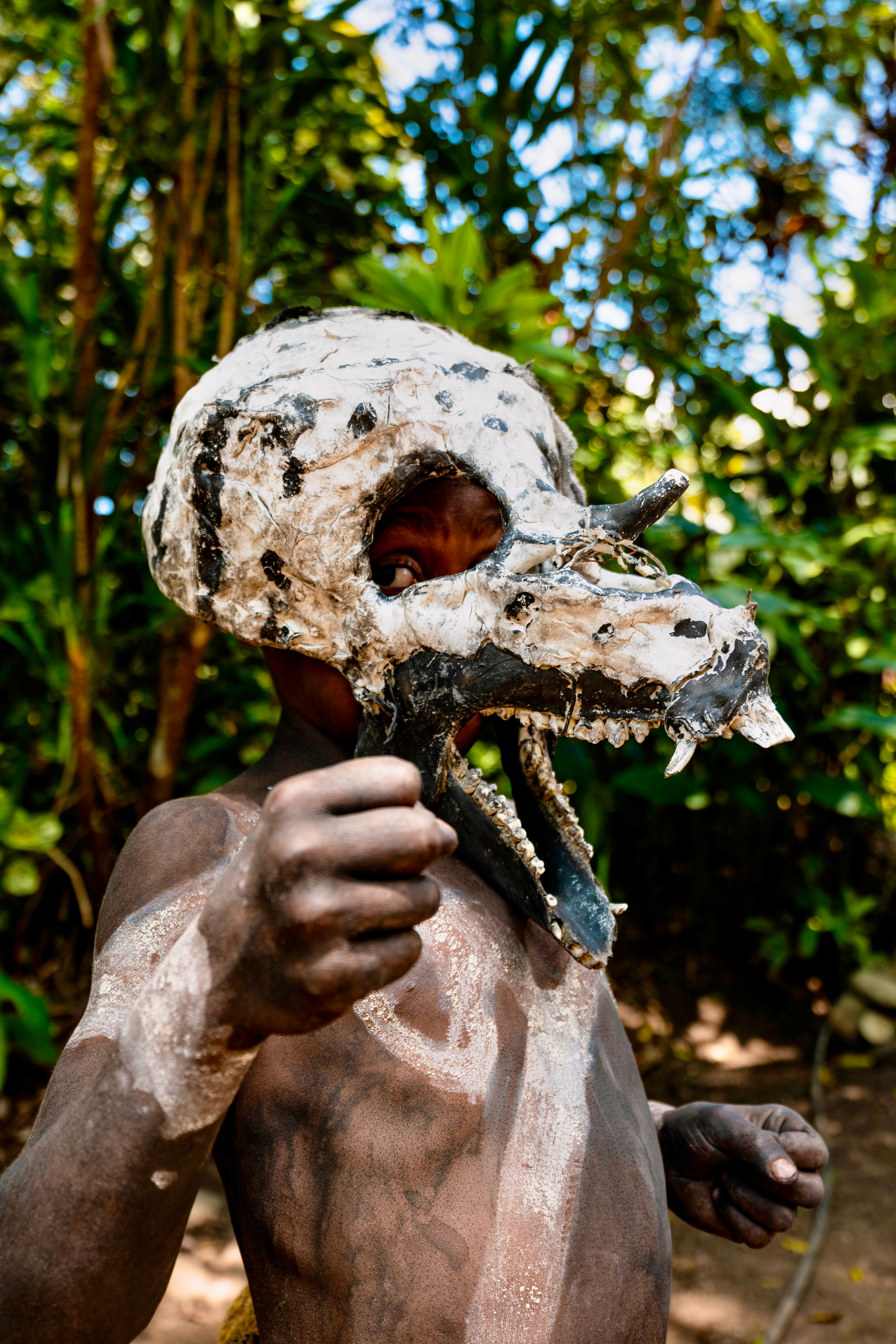
Sedaka Tribe
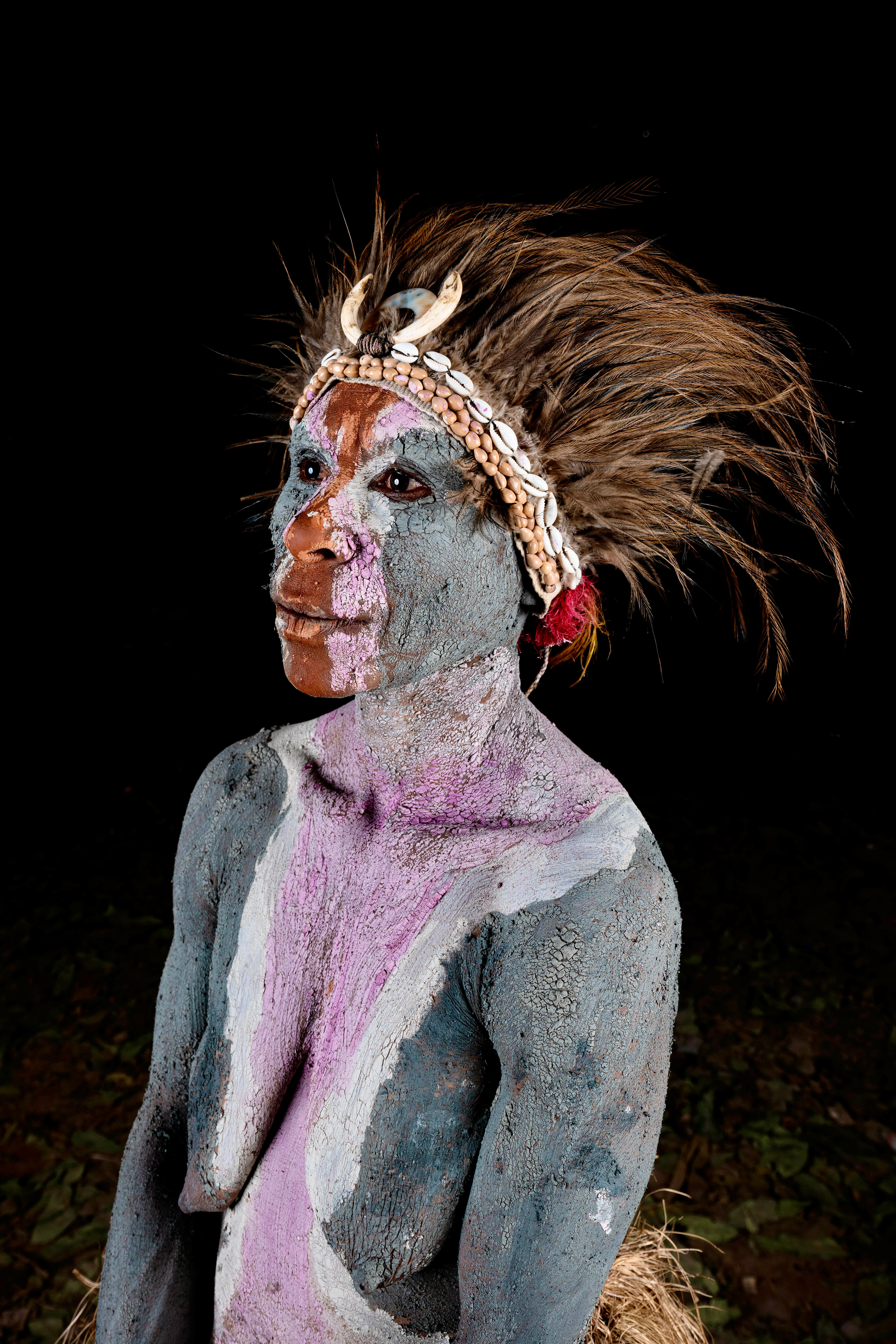
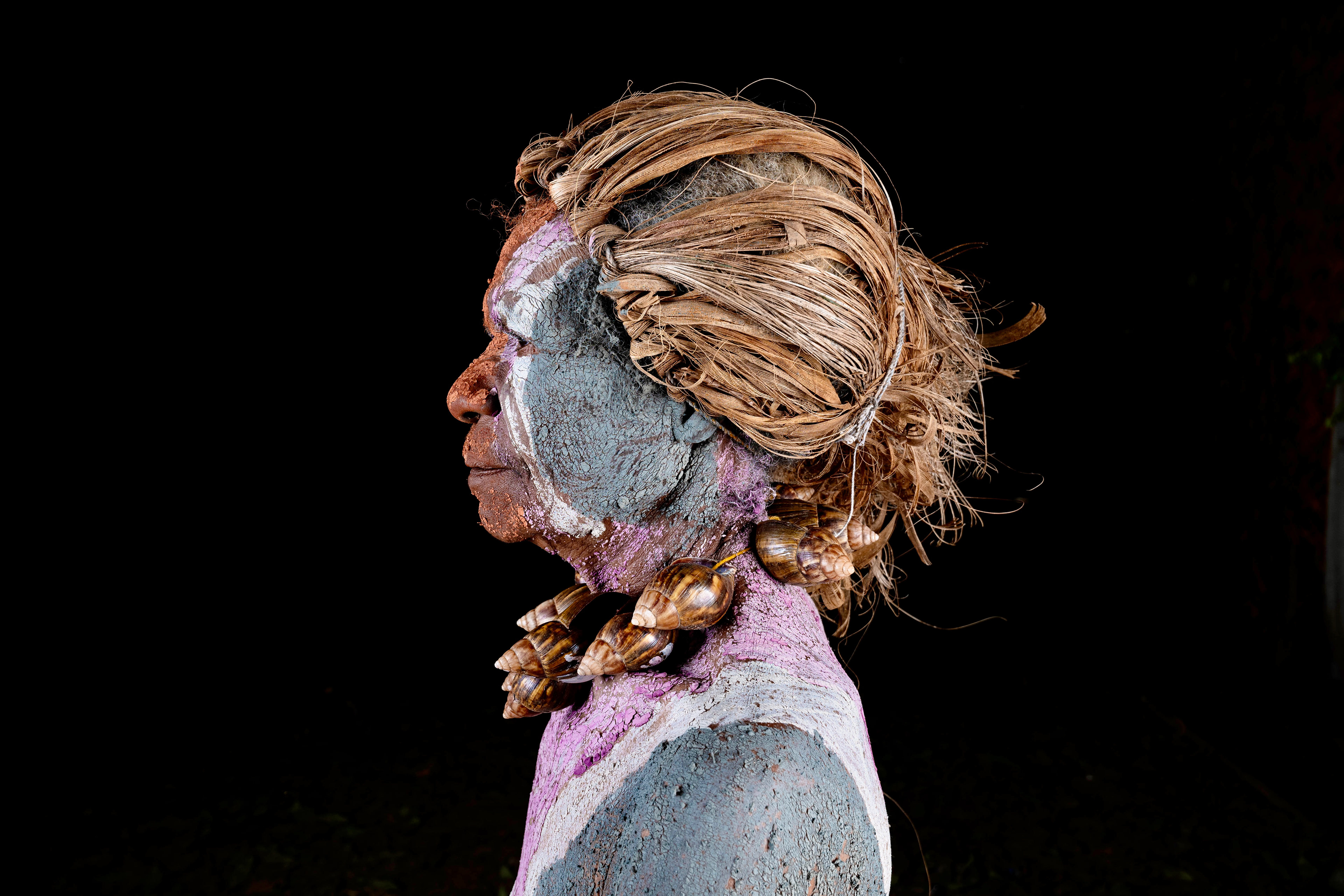
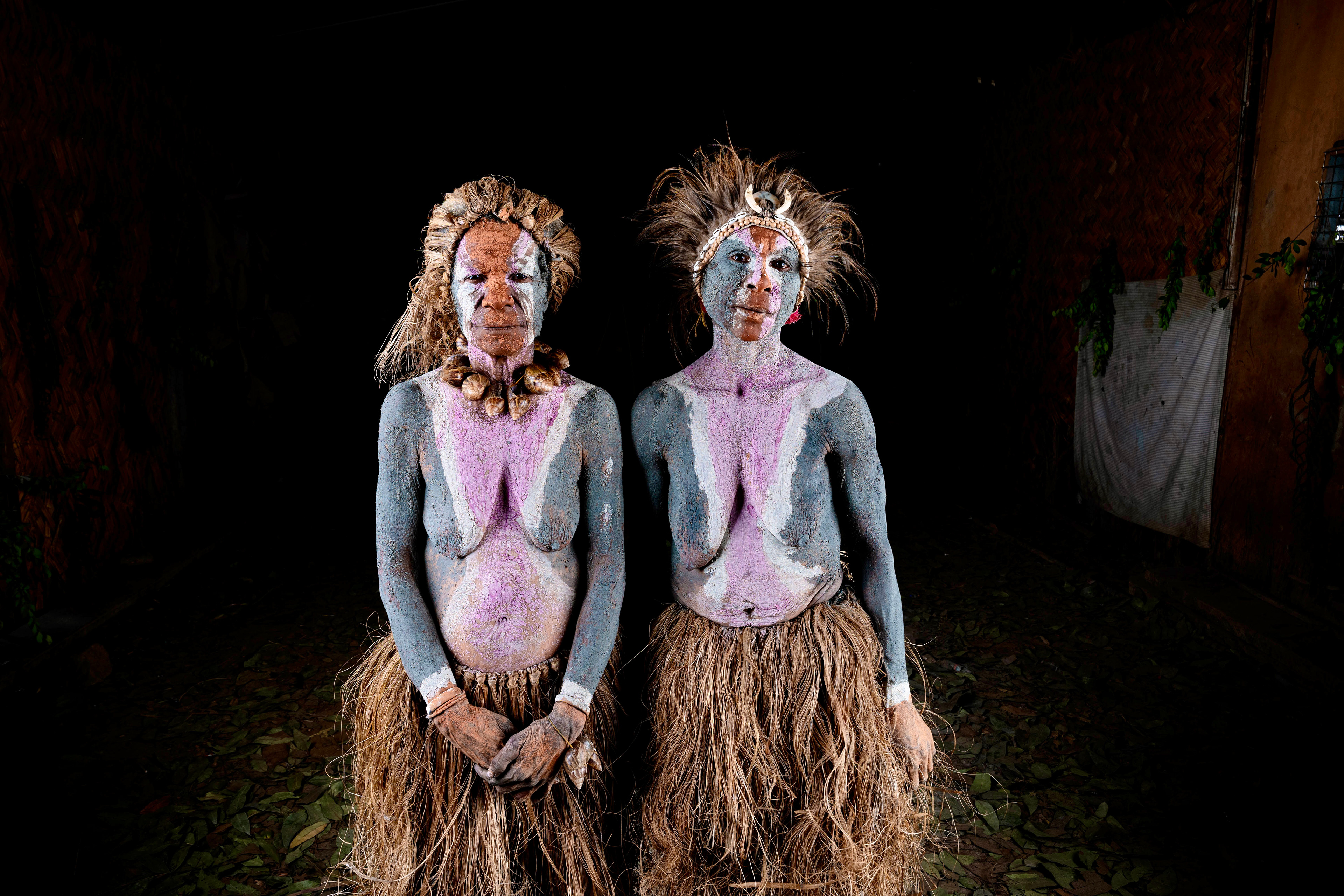
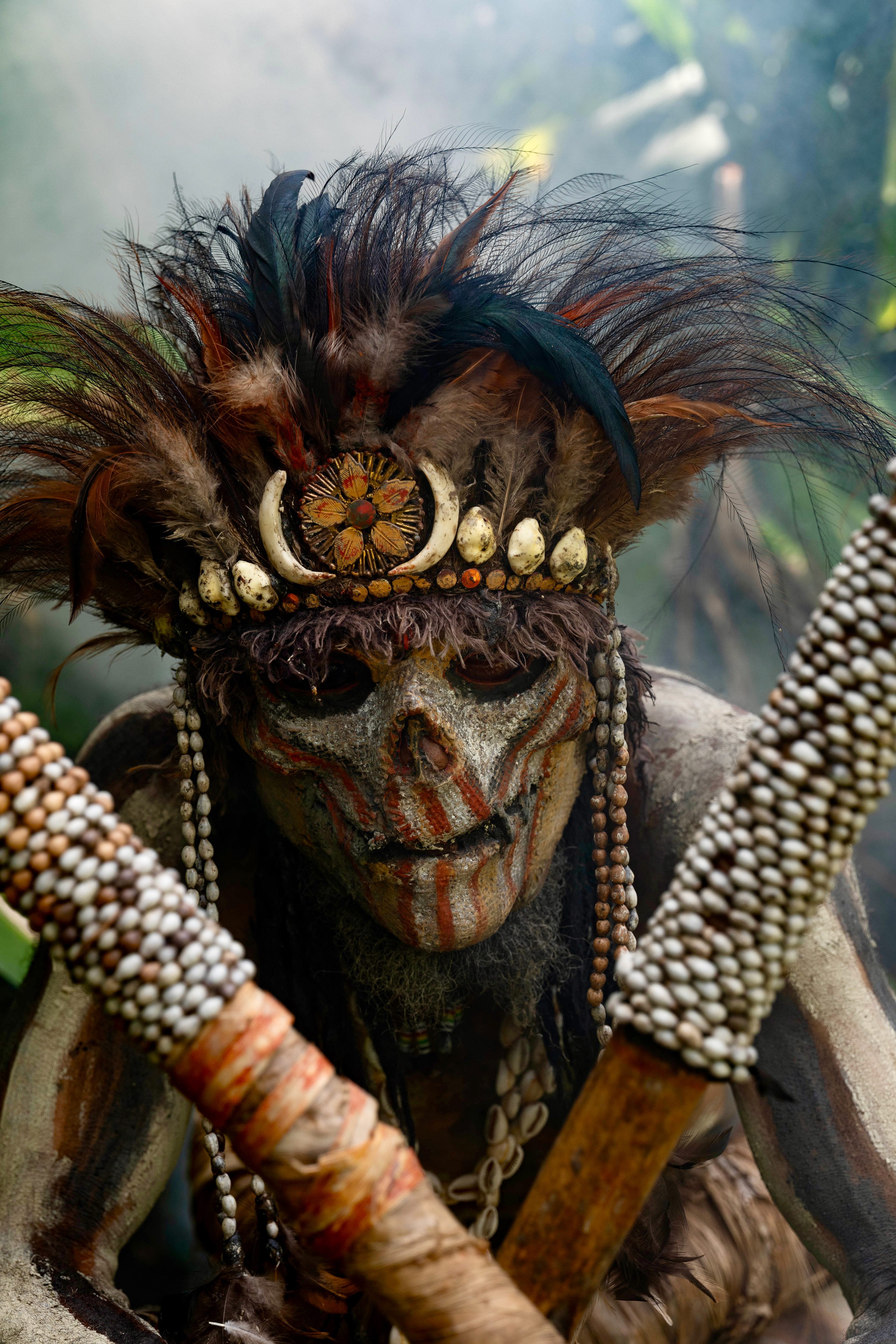
"Moko Moko Dance" Asaro
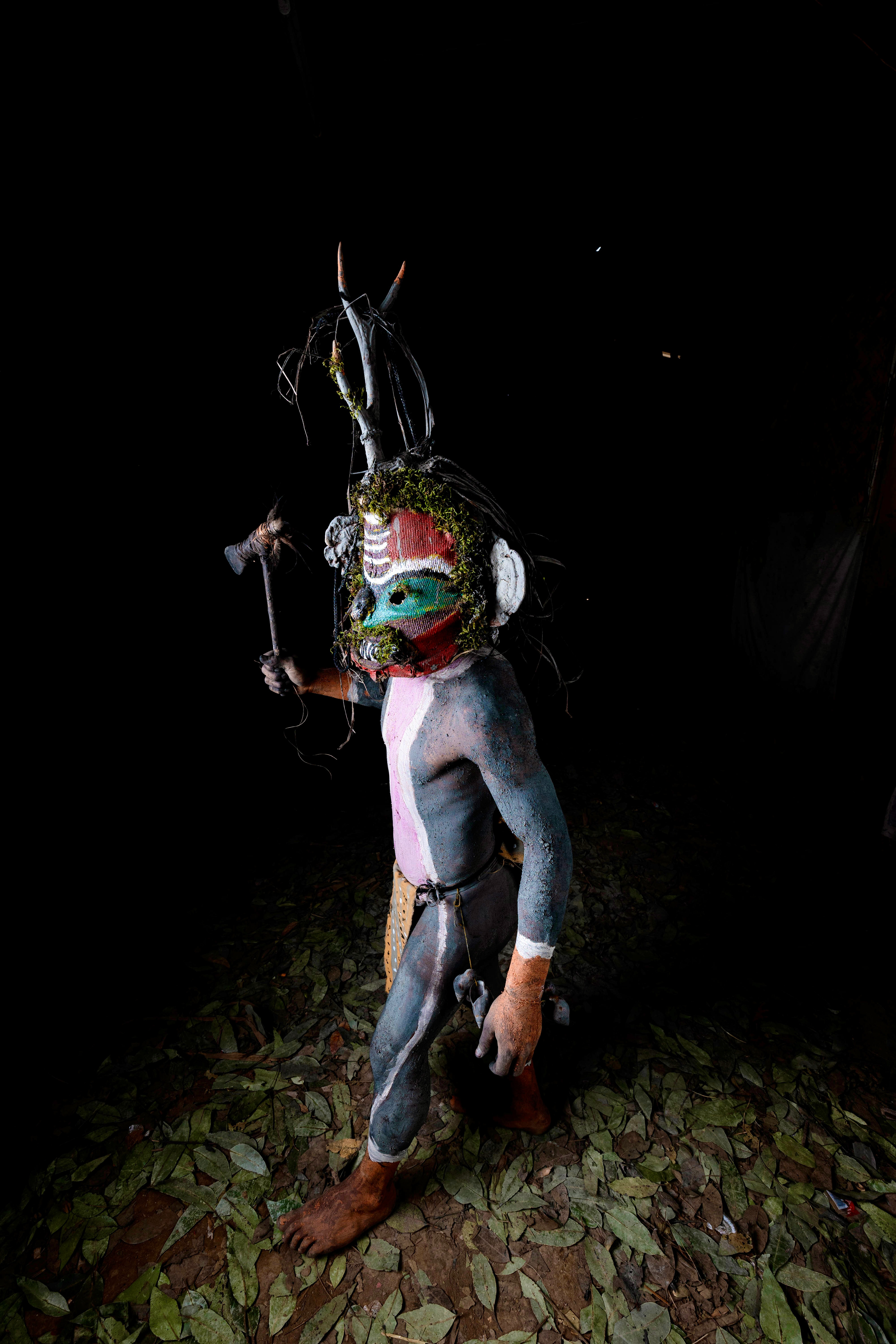
Mekudokodaka
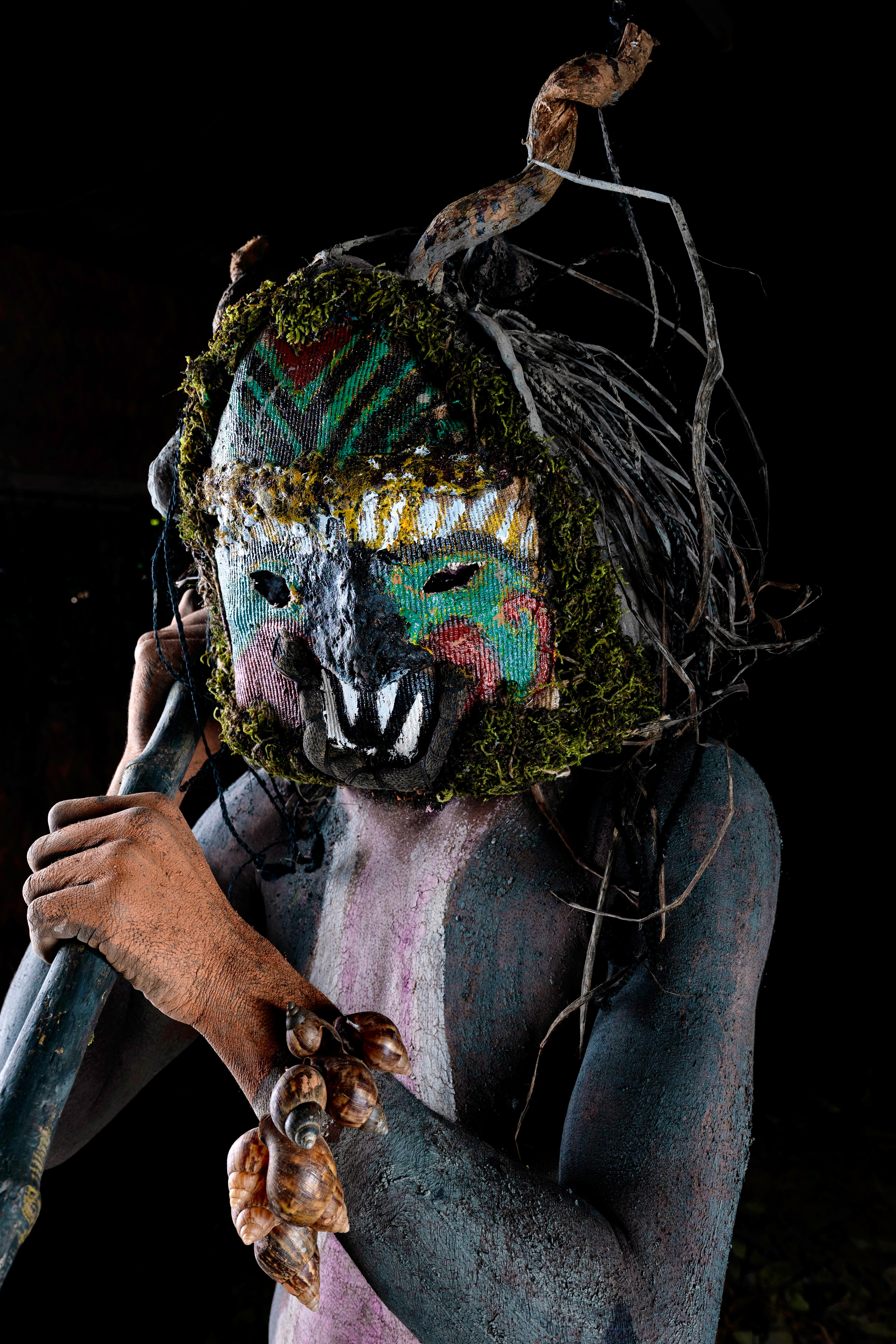
Mekudokodaka
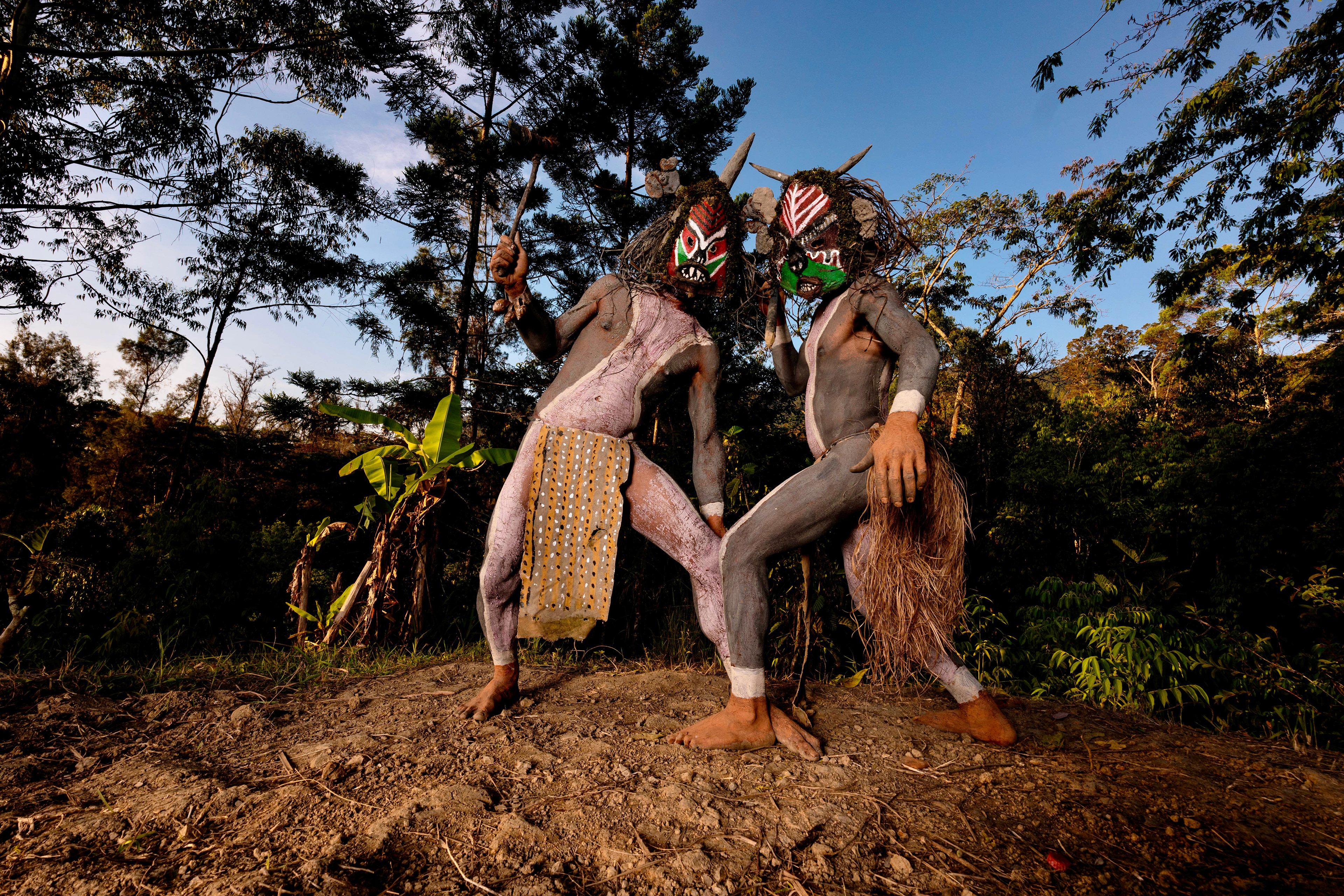
Mekudokodaka
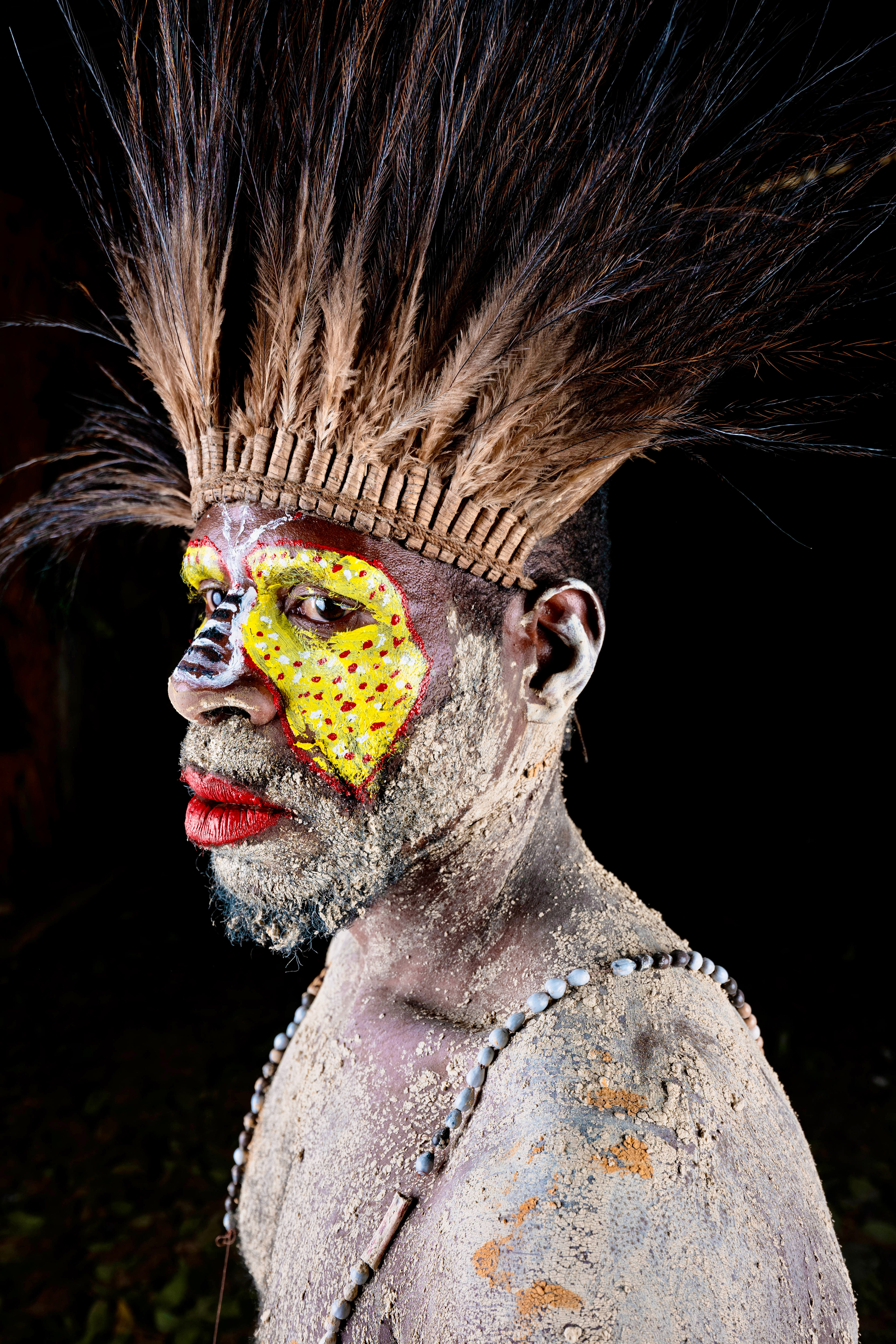
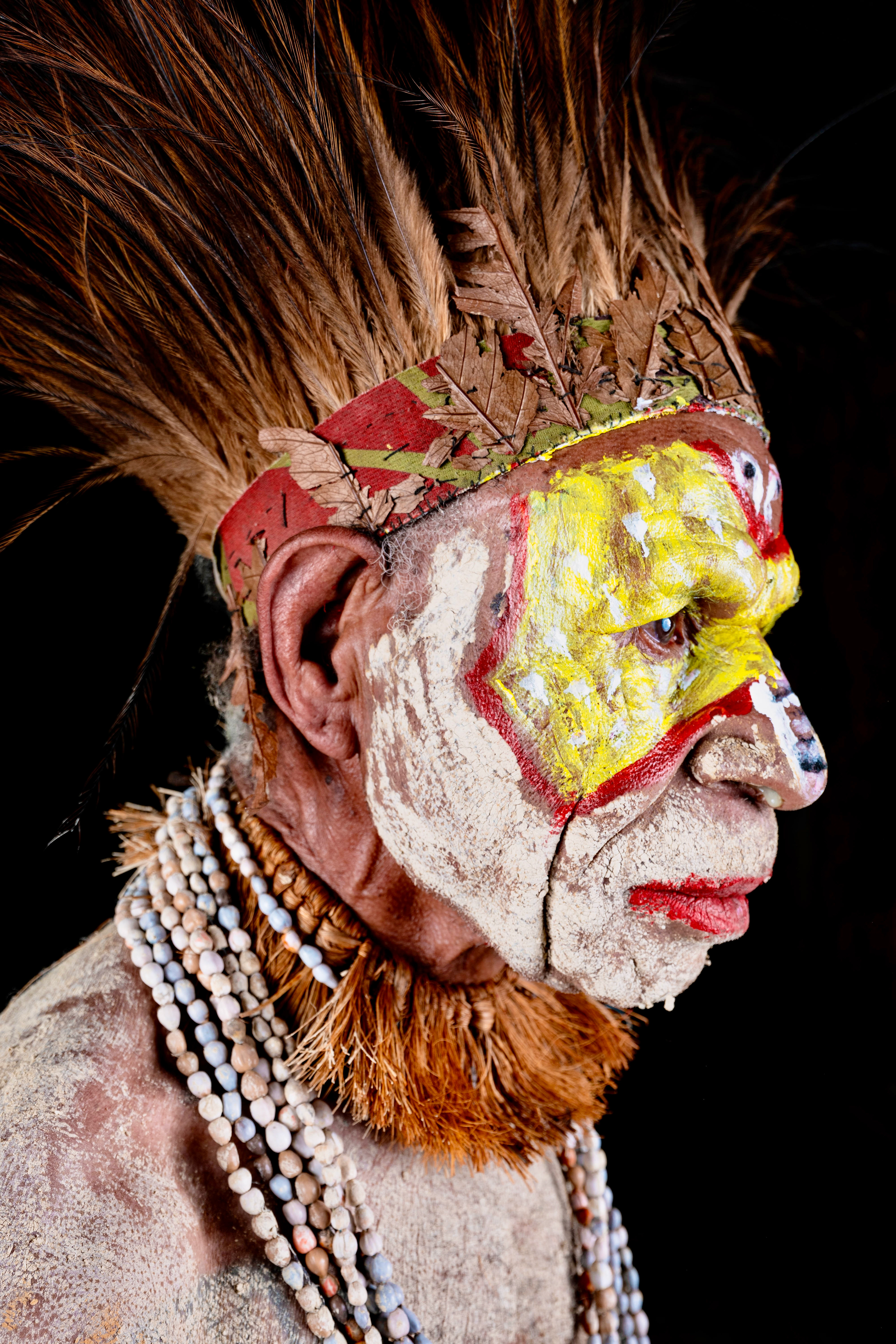

"Skeleton Tribe"
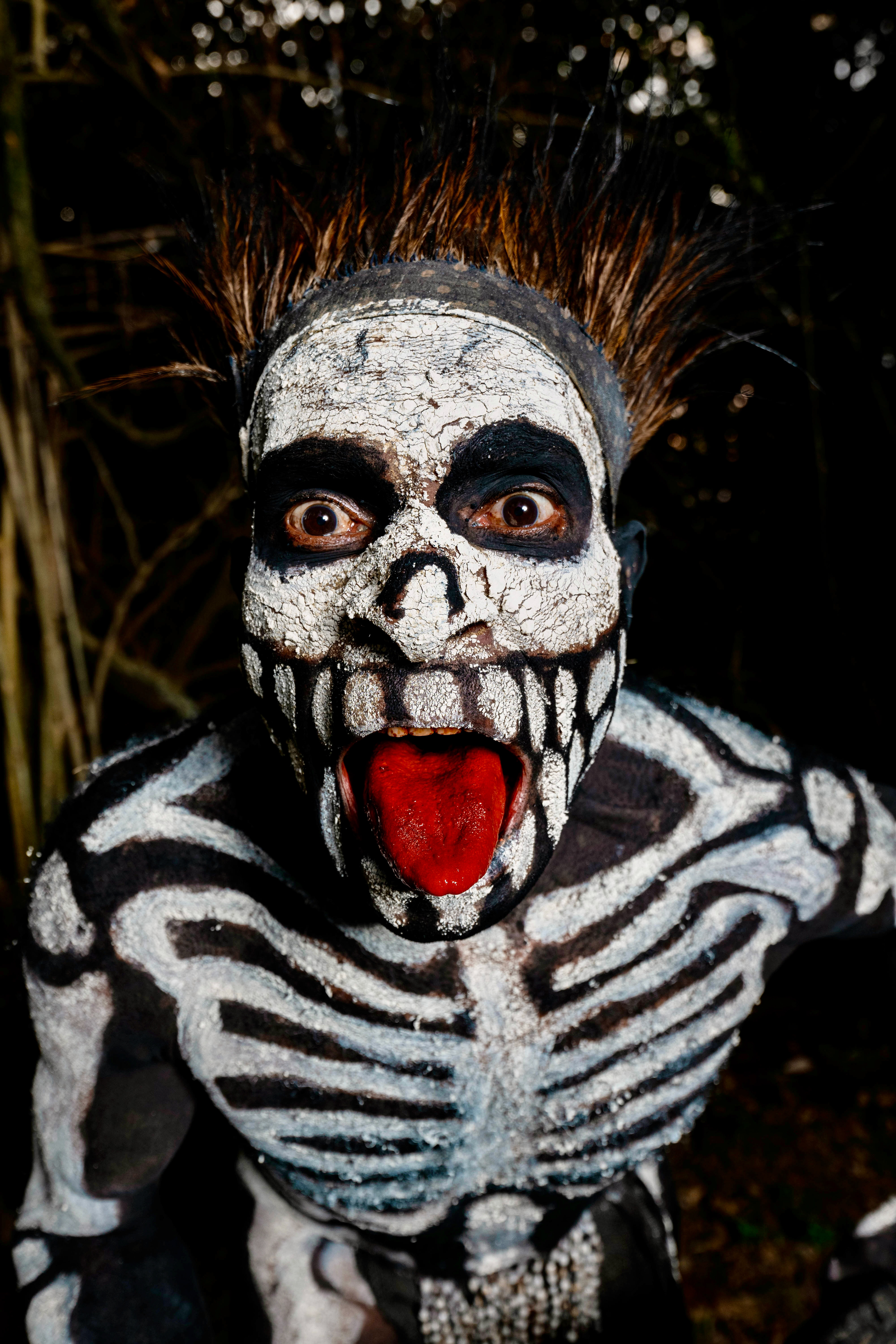
"Skeleton Tribe"


